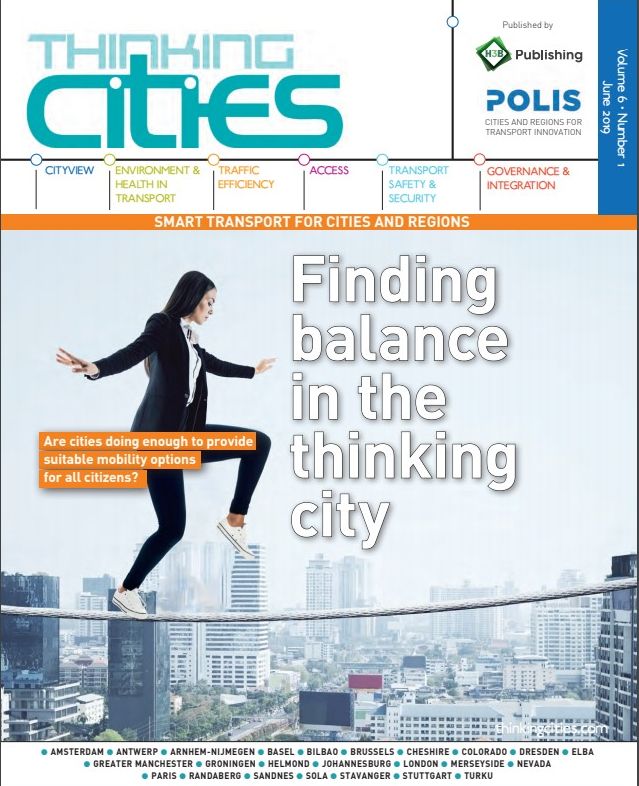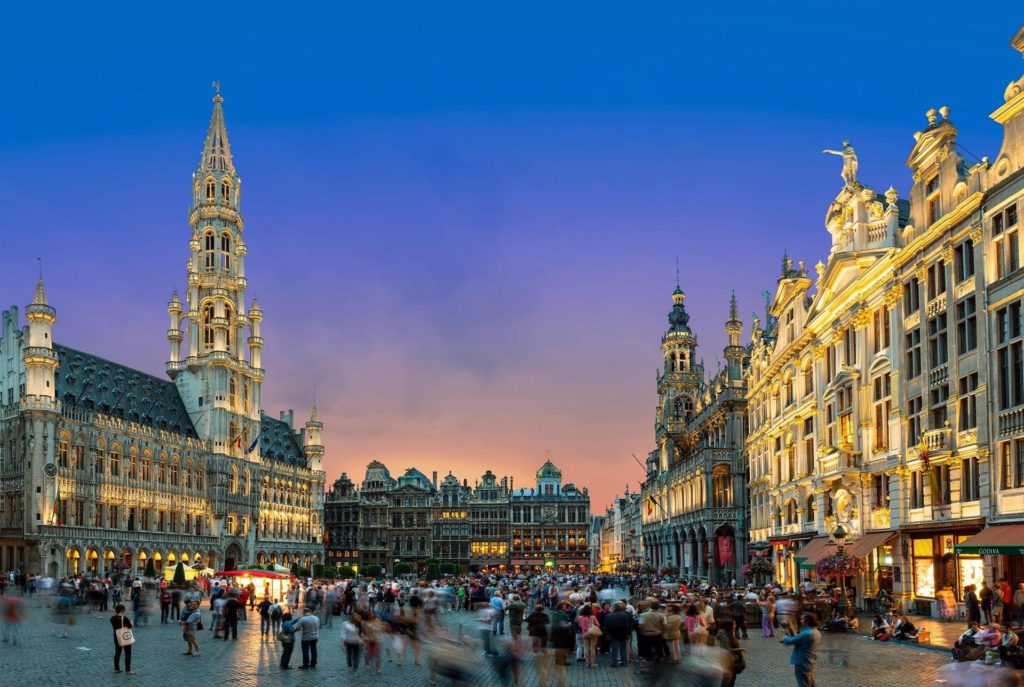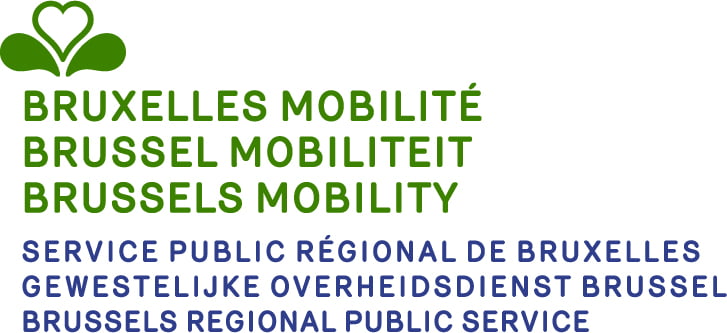Brussels
Brussels Mobility is the public administration of the Brussels-Capital Region responsible for equipment, infrastructure and mobility issues. Its primary challenge is to facilitate economic development – and the growing need for mobility solutions – while improving quality of life and sustainable development. Brussels Mobility oversees the definition of mobility strategies, the development of projects, the maintenance of public spaces and roads, as well as public transport infrastructure and taxis of the Region.
Good Move is the Regional Mobility Plan for the Brussels-Capital Region. Approved in 2020 by the Brussels Government, it defines the main policy guidelines in the field of mobility. This plan aims to improve the living environment of the people of Brussels, while supporting the demographic and economic development of the Brussels-Capital Region. It is the result of a vast participatory process involving all Brussels stakeholders: mobility and institutional partners, the municipalities, the economic and associative world as well as citizens.
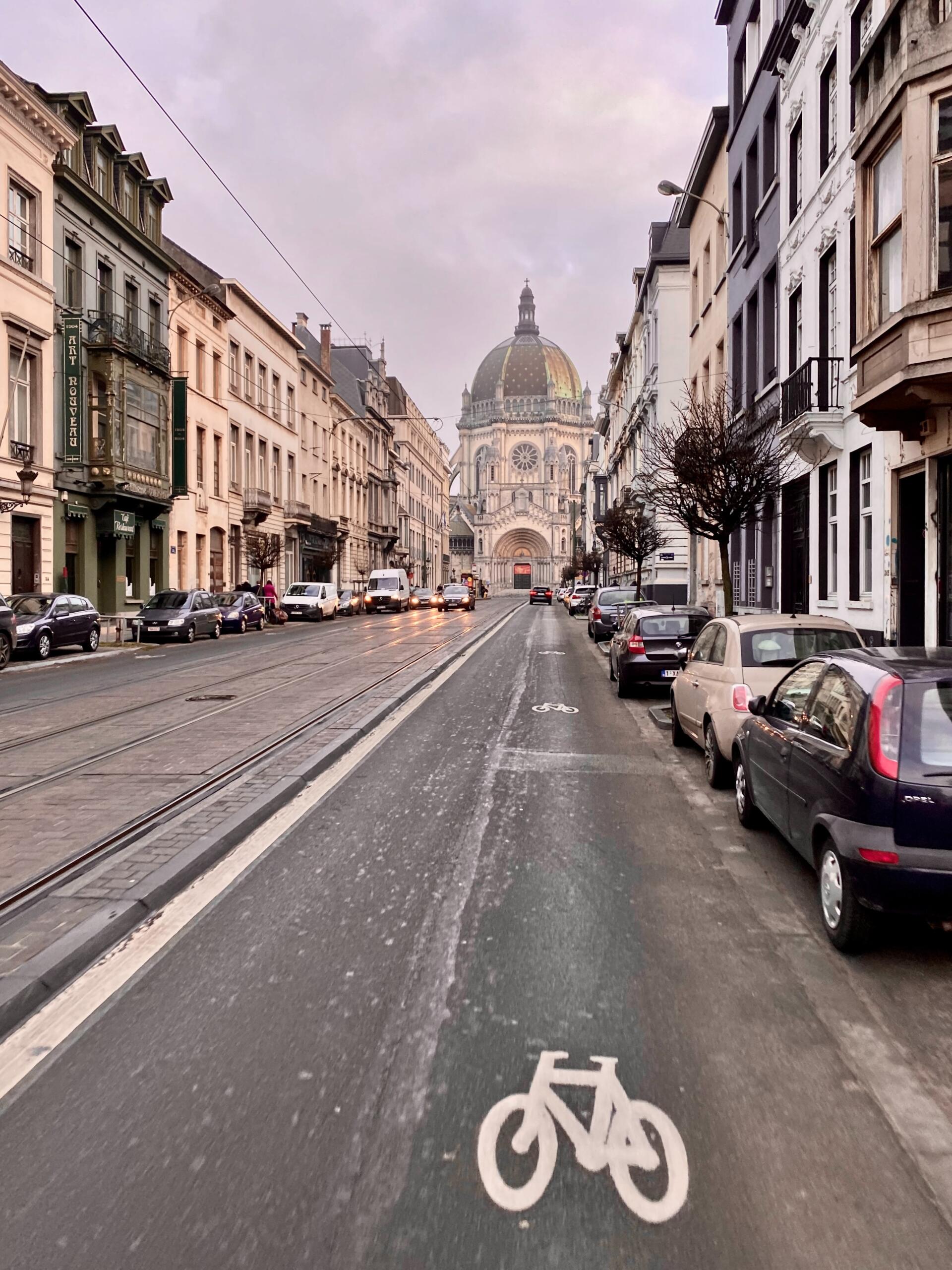
Credit: Teunard Droog
The Good Move plan adopts a transversal approach to mobility - a benefit of the co-construction process - and aims to improve the standard of living of the inhabitants of the Region and to encourage everyone to change their travelling habits based on their needs and constraints.
The plan resolutely opts for a pleasant and safe city, comprised of peaceful neighbourhoods, connected by intermodal structural corridors and focused on efficient public transport and improved traffic flow. The plan's measures are designed to provide each user with adapted, facilitated and integrated mobility solutions, enabling them to choose the most appropriate mode of travel for each of their trips, depending on their destination and needs at a given time. For its ambitious goals and its approach to achieving them, Good Move won the 8th SUMP Award.
In terms of road safety, Brussels seeks to ensure zero killed or seriously injured by 2030 The plan has also an objective to reduce the impact of mobility on the environment and to promote mobility practices that are favourable to physical and mental health. Some of the measures by which it aims to achieve these goals are implementing a 30 km/h speed limit, which has been in effect since 2021, the development of a MaaS ecosystem and the creation of traffic-calmed neighbourhoods. Brussels has been involved in EU projects including BUYZET, CONDUITS, SIMBA II, SUGAR, ELIPTIC and STARS.
You can find out more on their website, or follow them on LinkedIn, Instagram and Facebook.
Modal Split
- Related News
- Related Events
- Related Documents

POLIS members feature in IMD Smart City Index
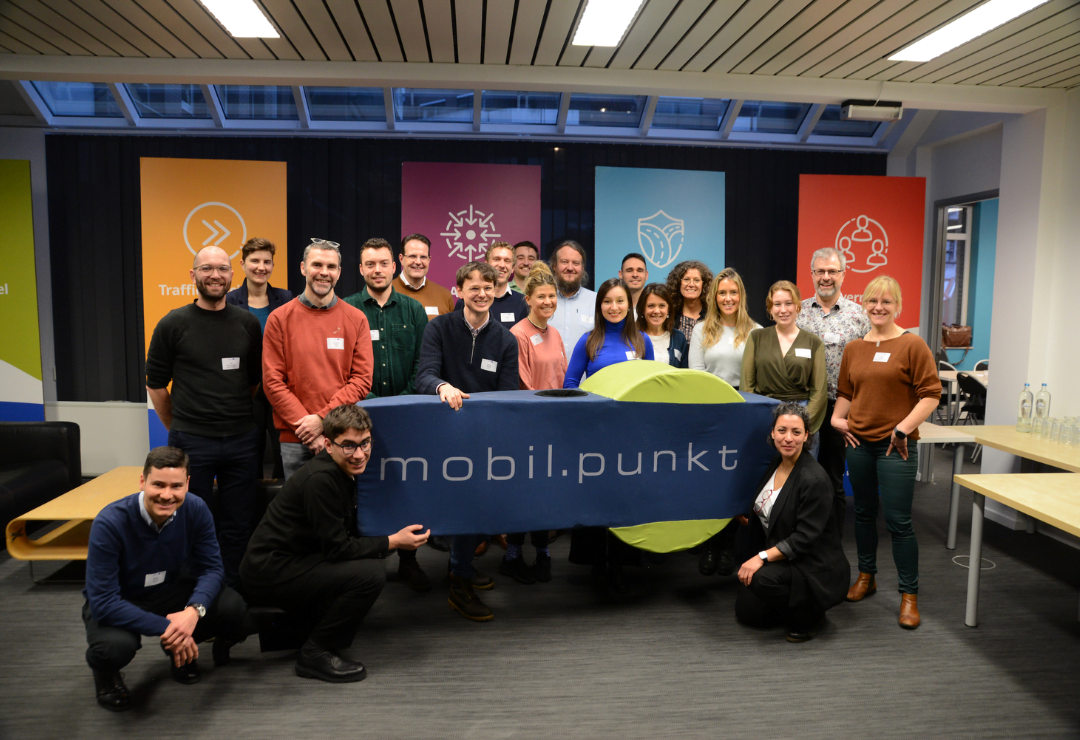
The insights from the ShareDiMobiHub Academy are now available!
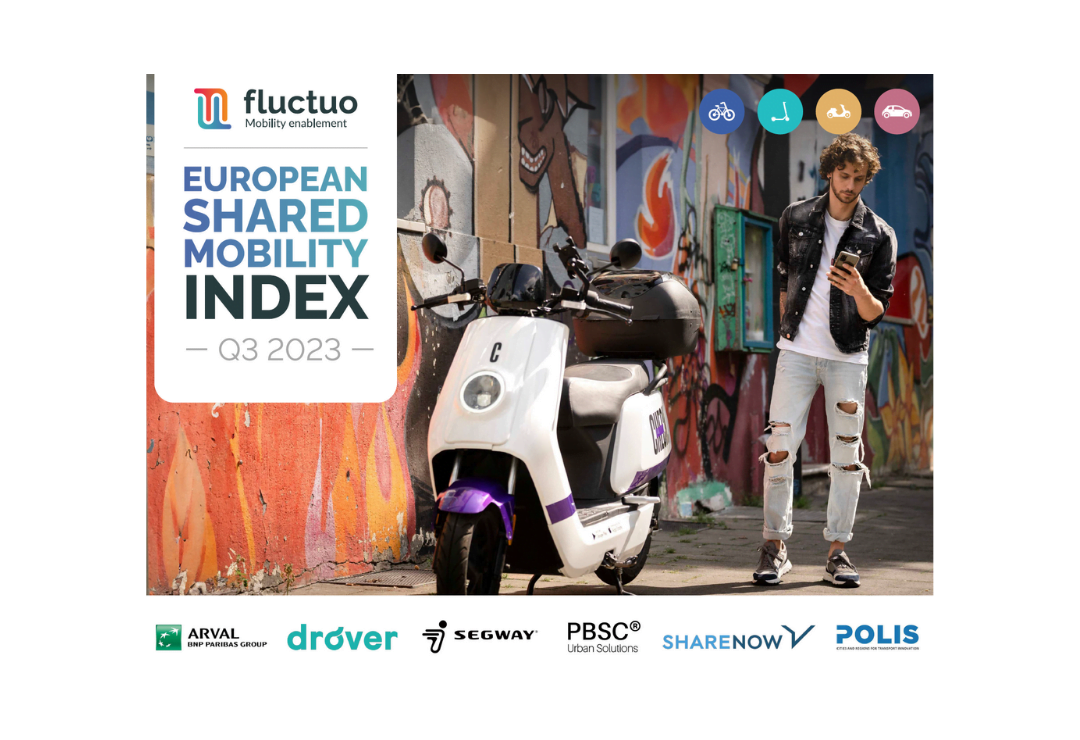
Latest Fluctuo’s European Shared Mobility Q3 Index shows Paris embracing dockless bikes following scooter ban
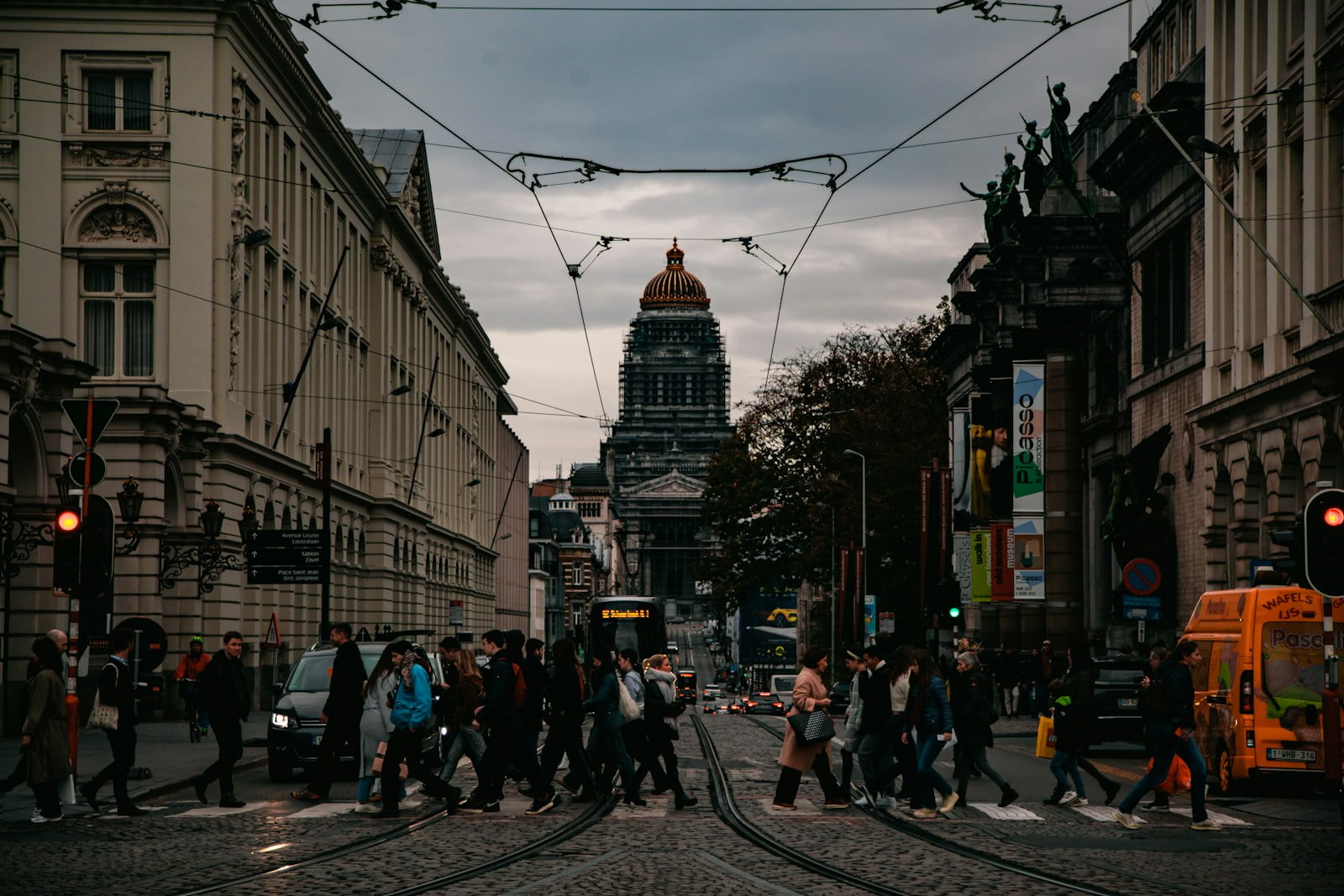
Brussels Low Emission Zone credited with improving local air quality
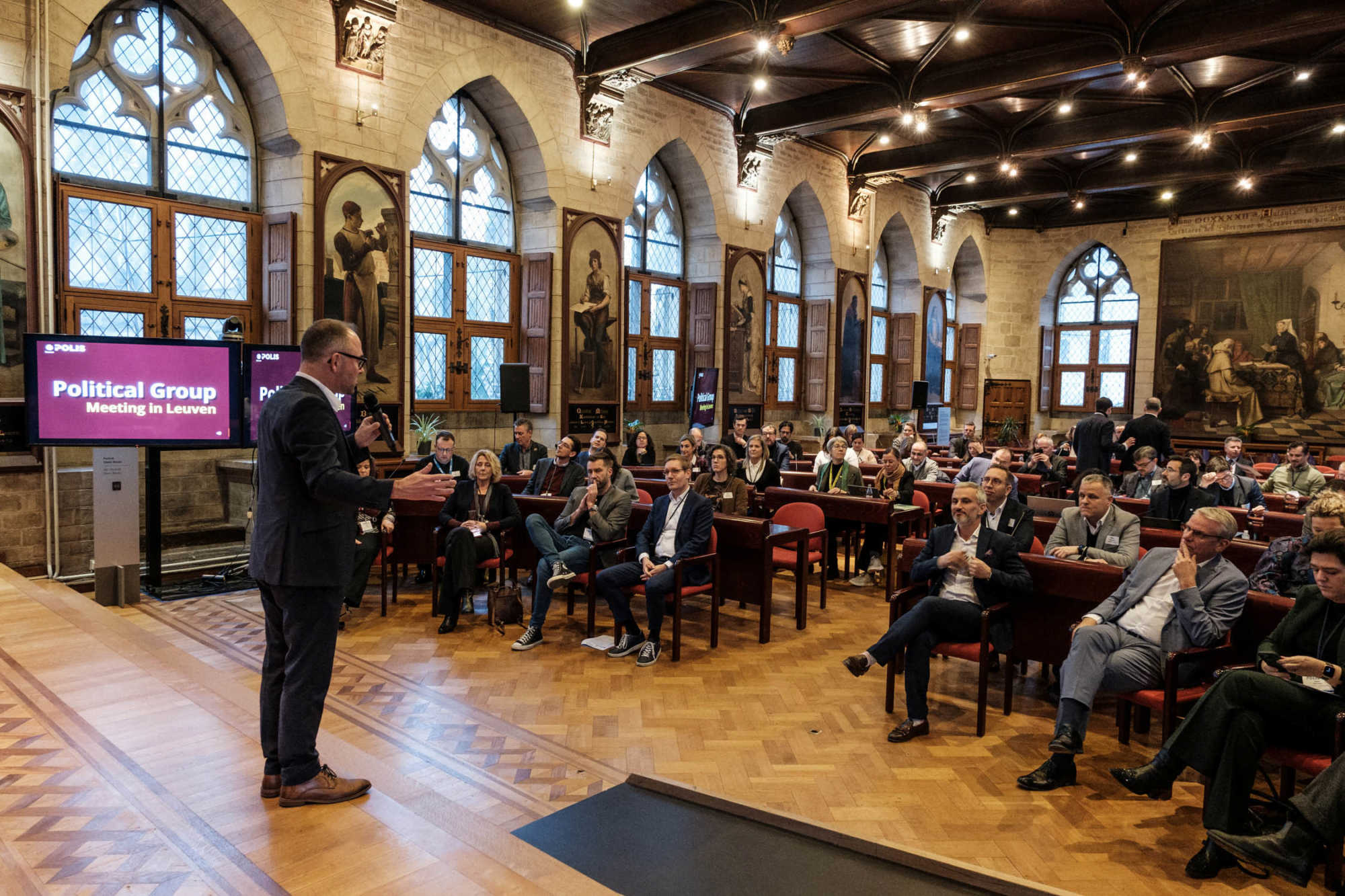
POLIS’ Political Group shows the mobility leadership Europe needs
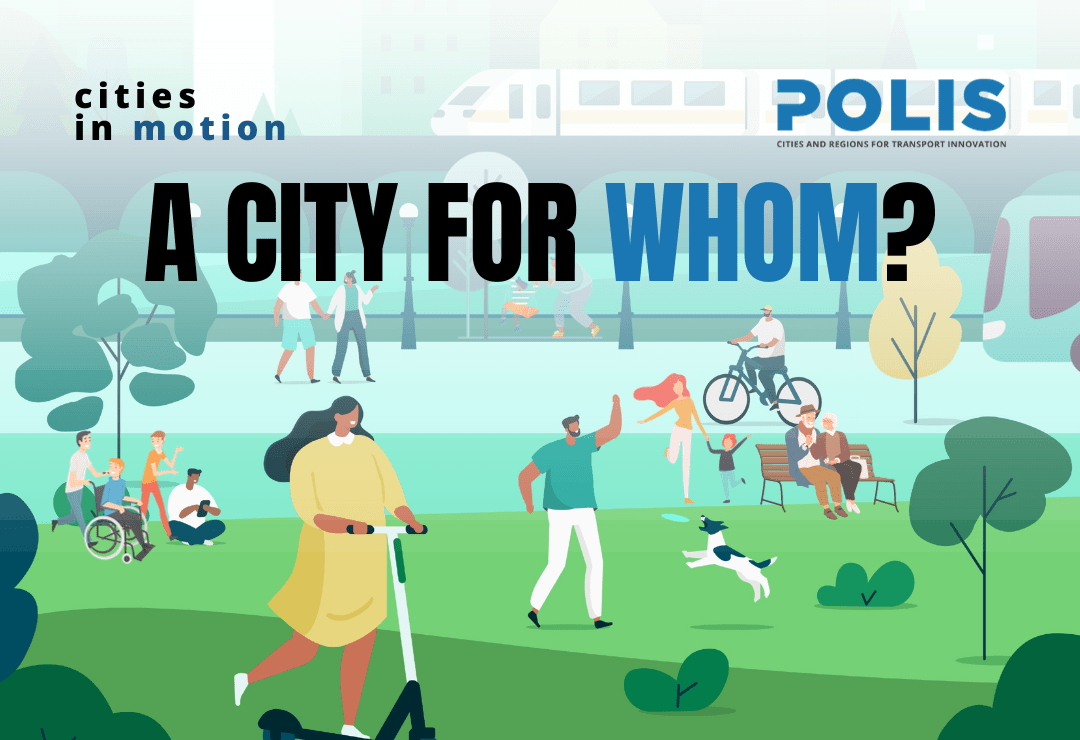
POLIS publishes new Cities in motion magazine at #POLIS23!
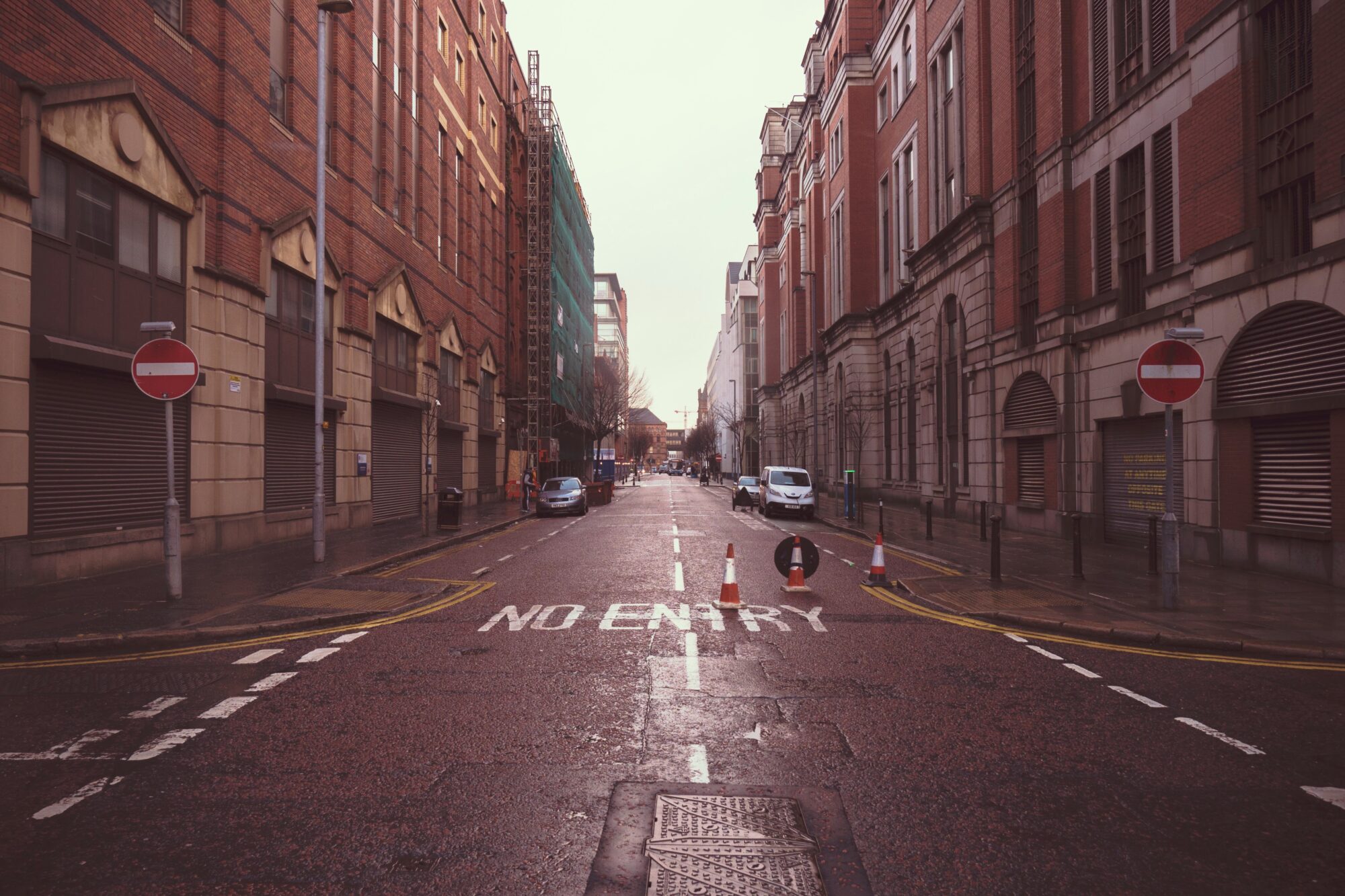
Cities call for improved regulation of foreign drivers in UVARs
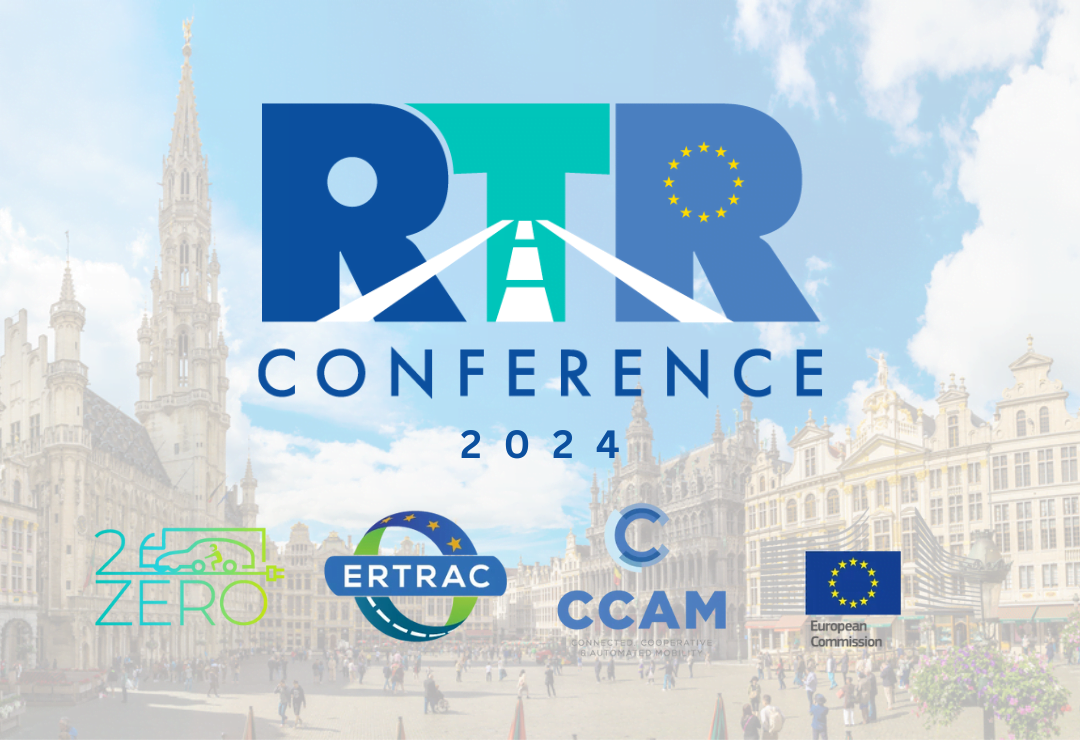
Registrations soon to open for RTR Conference 2024
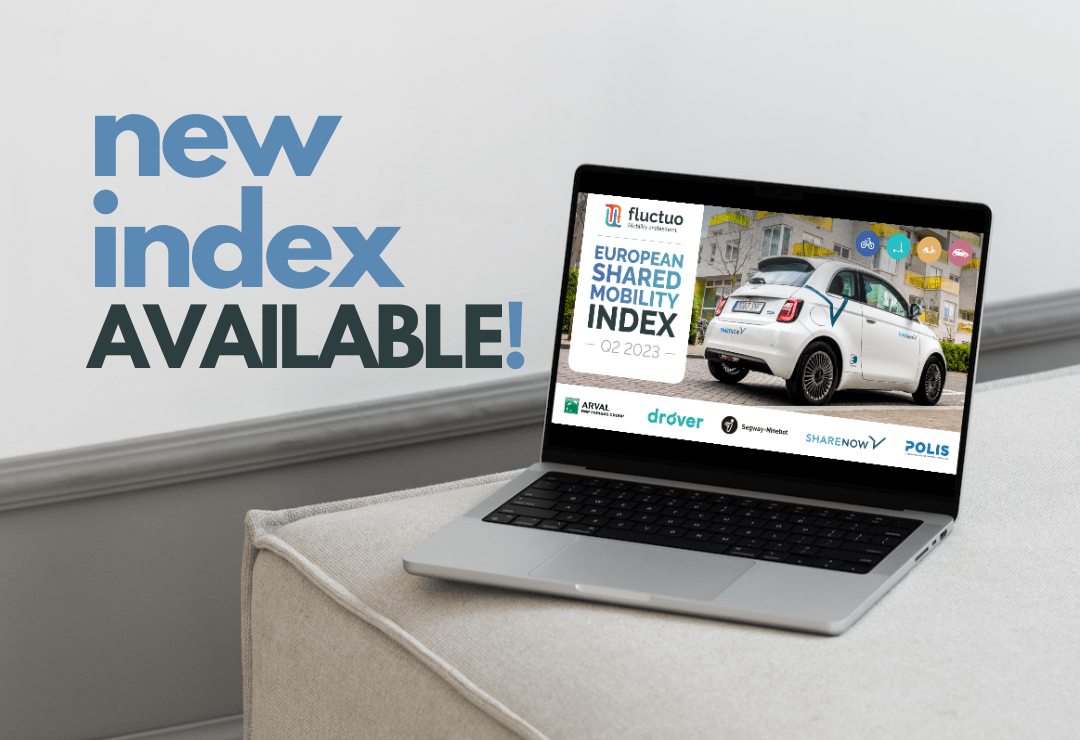
Fluctuo’s Q2 2023 European Shared Mobility Index reveals shift from scooters to bikes
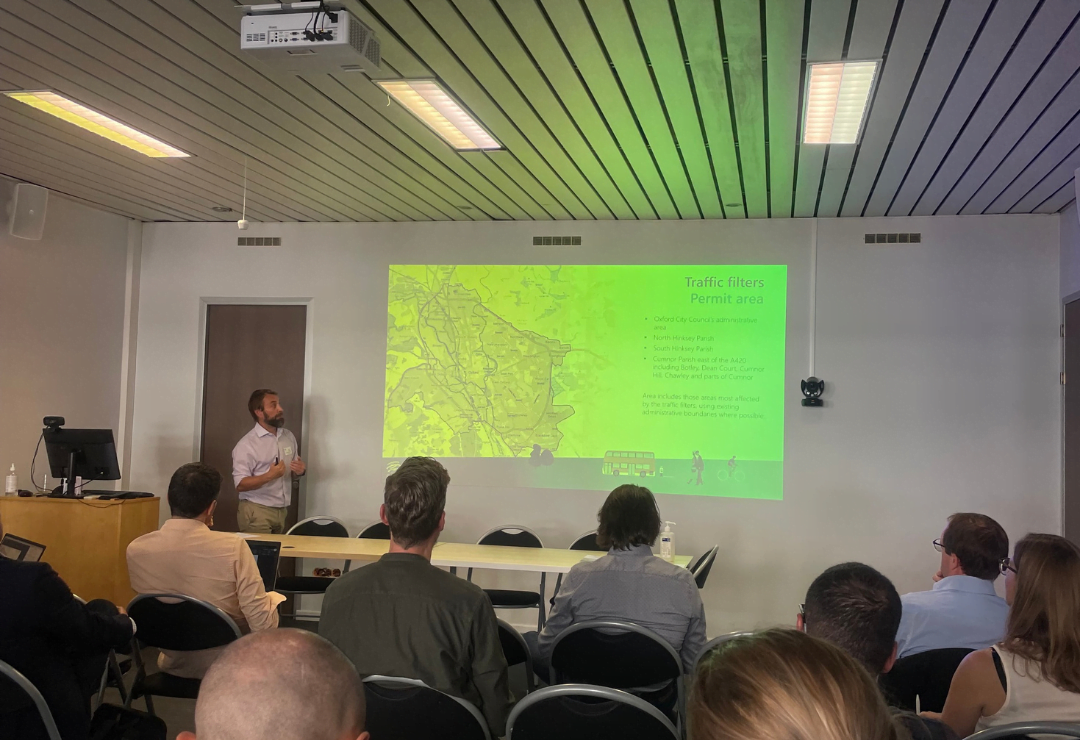
POLIS’ Multimodal Traffic Management Days dive in!
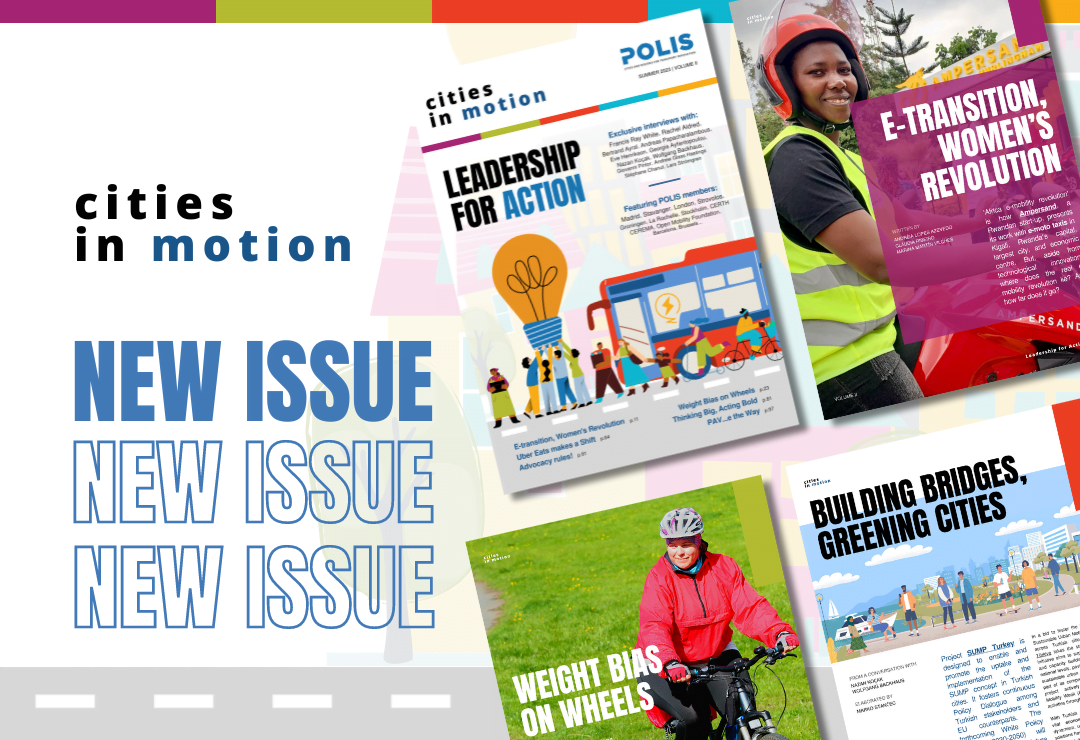
POLIS publishes second volume of magazine Cities in motion!
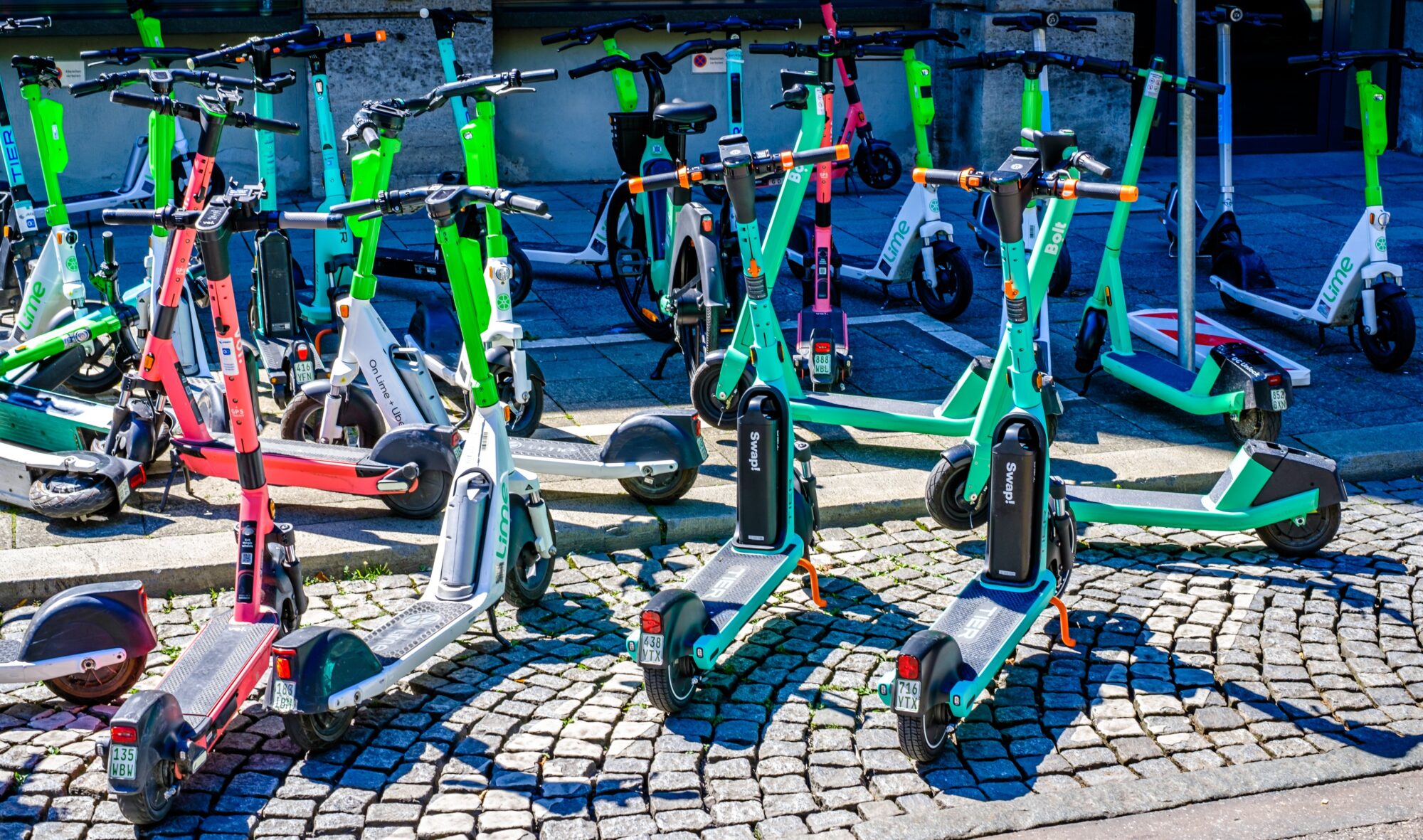
Answer UHasselt’s survey on shared micromobility in the Brussels-Capital Region
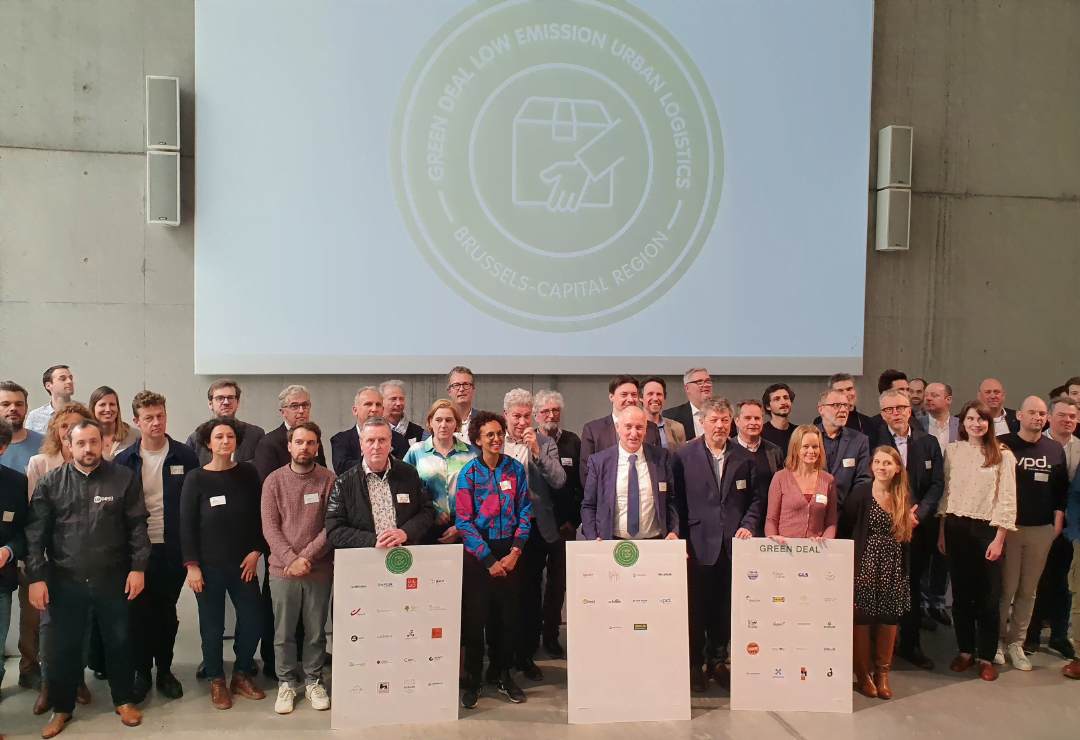
Brussels signs its own Green Deal for more sustainable urban logistics
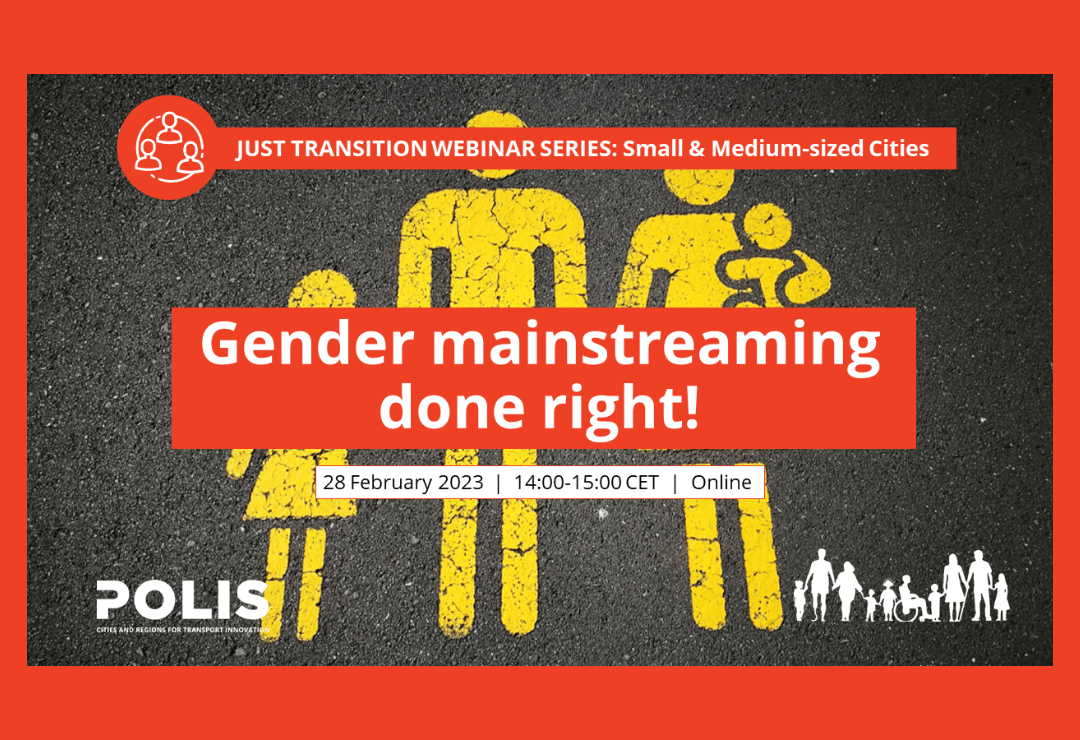
SMCs Just Transition Webinar: Gender equity comes in… small packages?
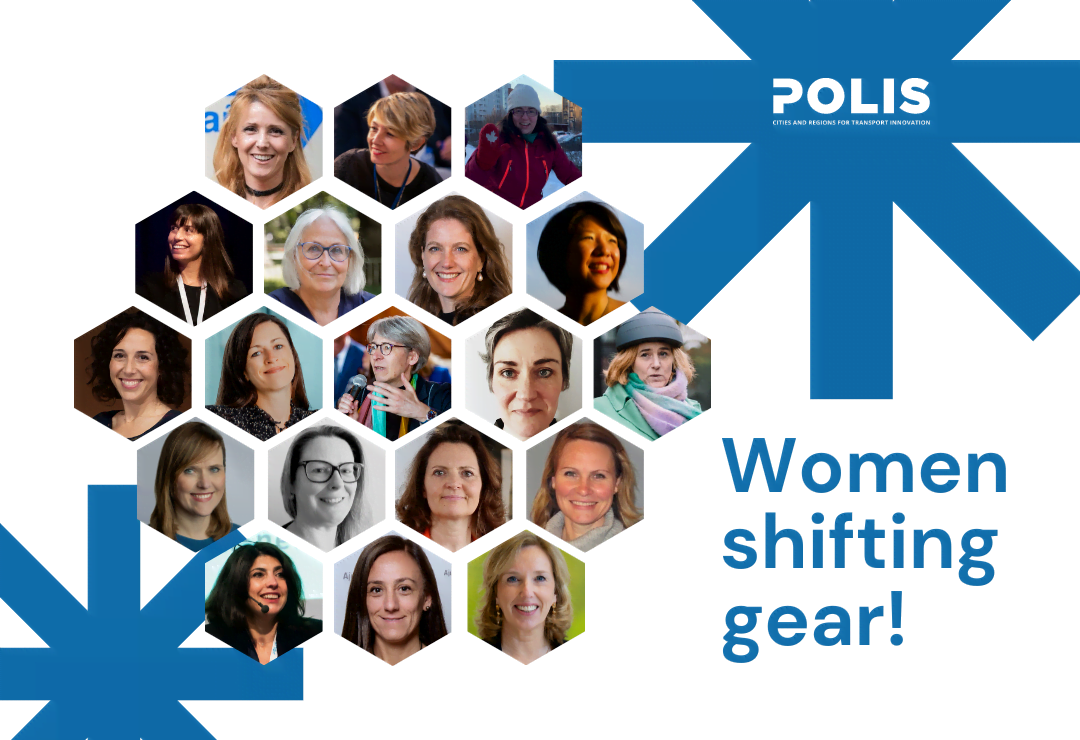
Women shifting gear! Meet the women behind the sustainable mobility transition
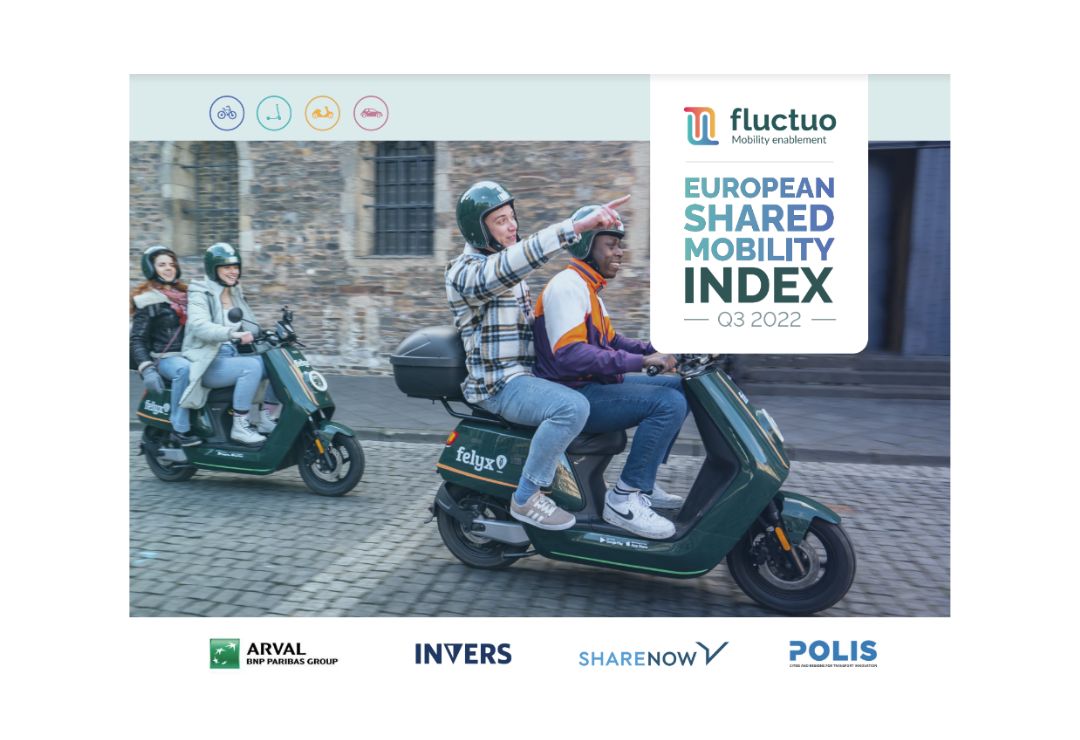
Fluctuo’s new Index proves that shared mobility is here to stay
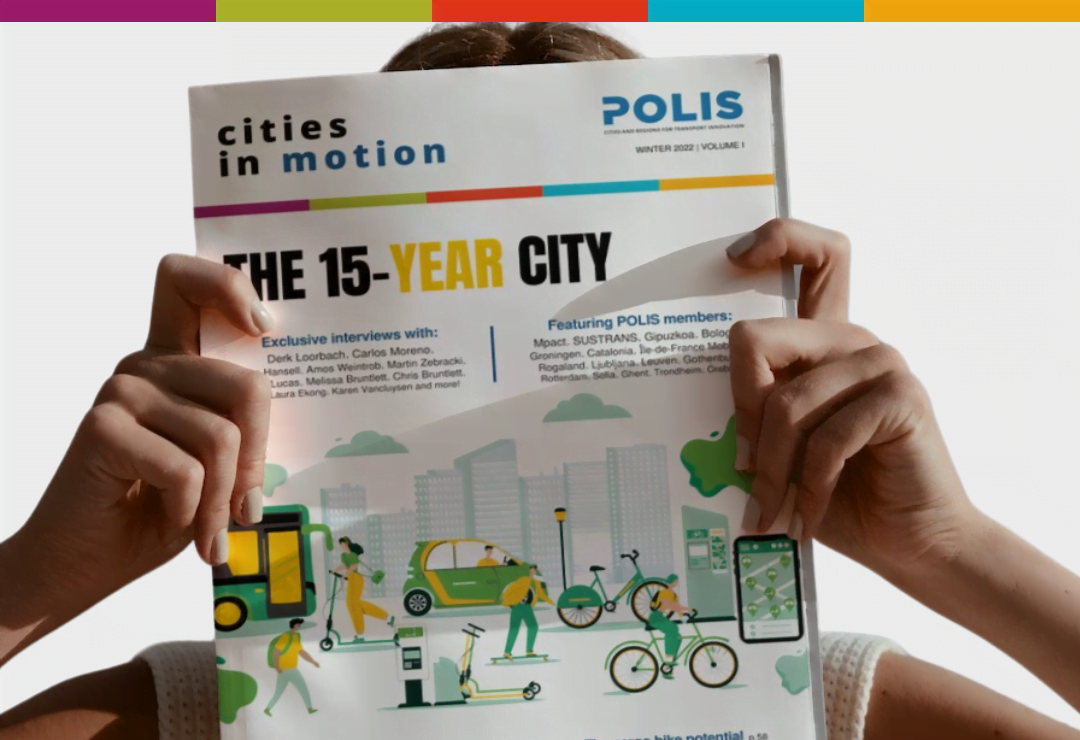
POLIS unveils its brand-new magazine ‘Cities in motion’!
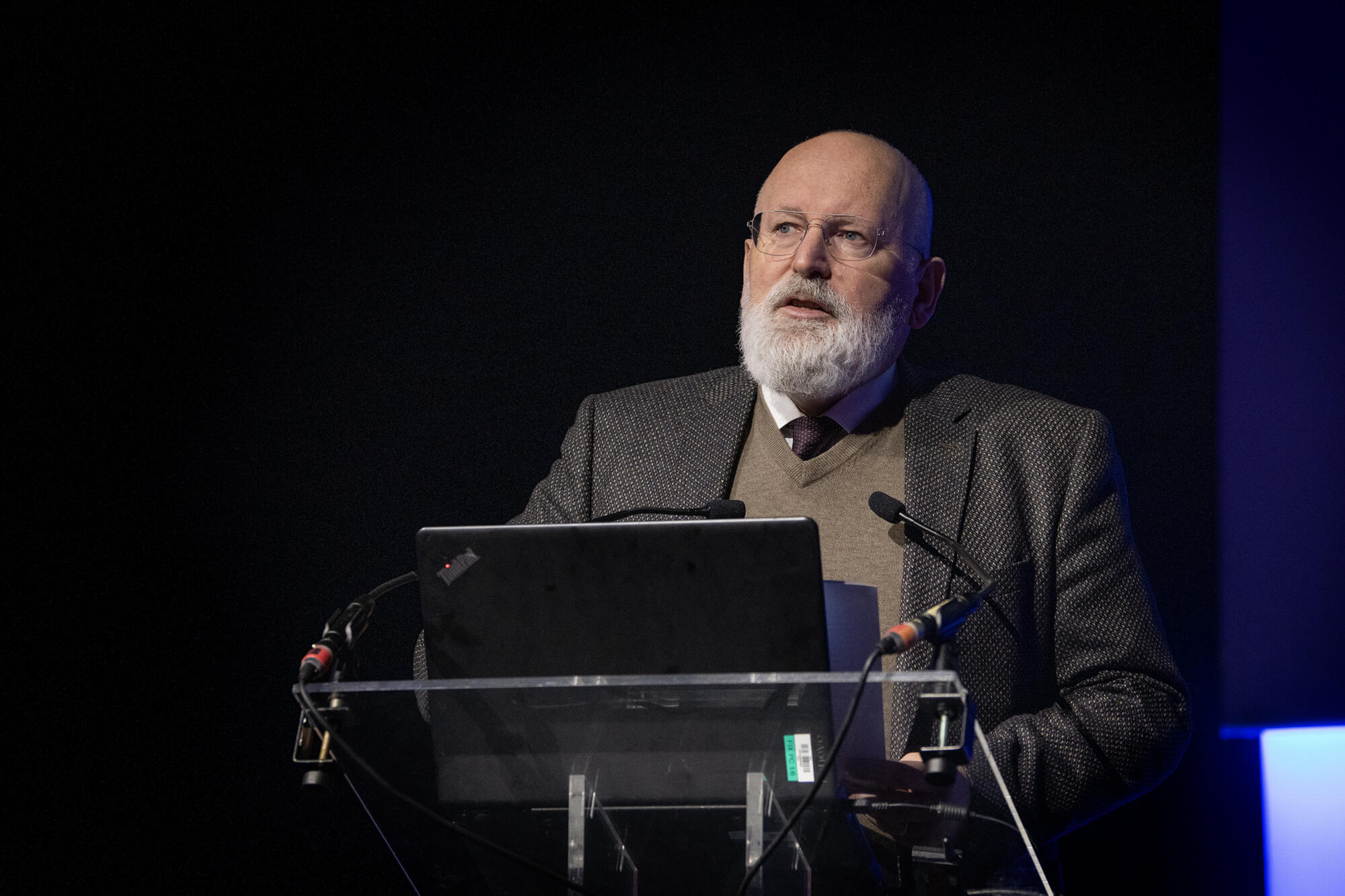
The 15-year City: Annual POLIS Conference talks ‘Audacity to Action’
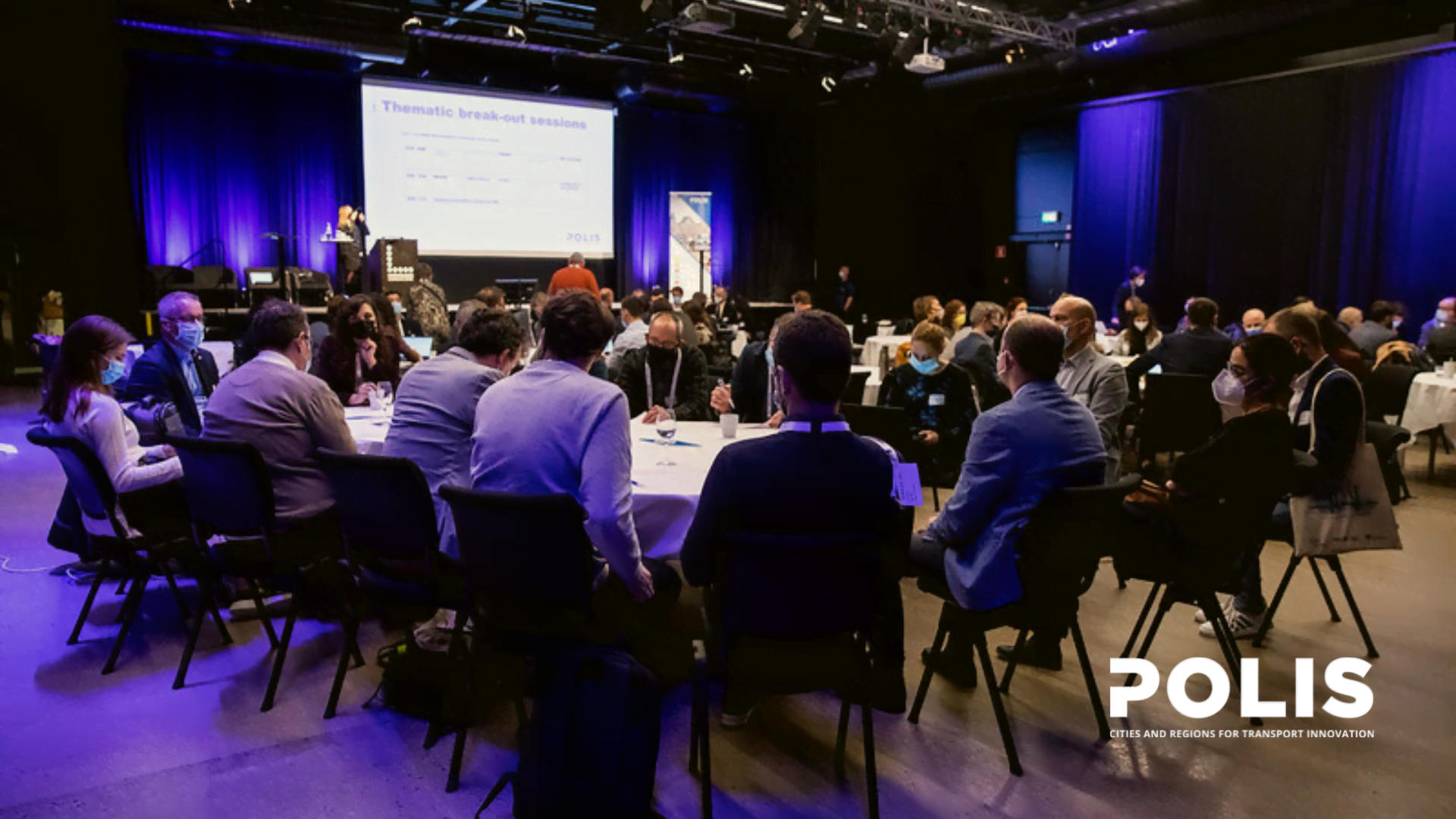
An autumn of action! POLIS’ Working Group meetings

POLIS joins Expert Group for Urban Mobility
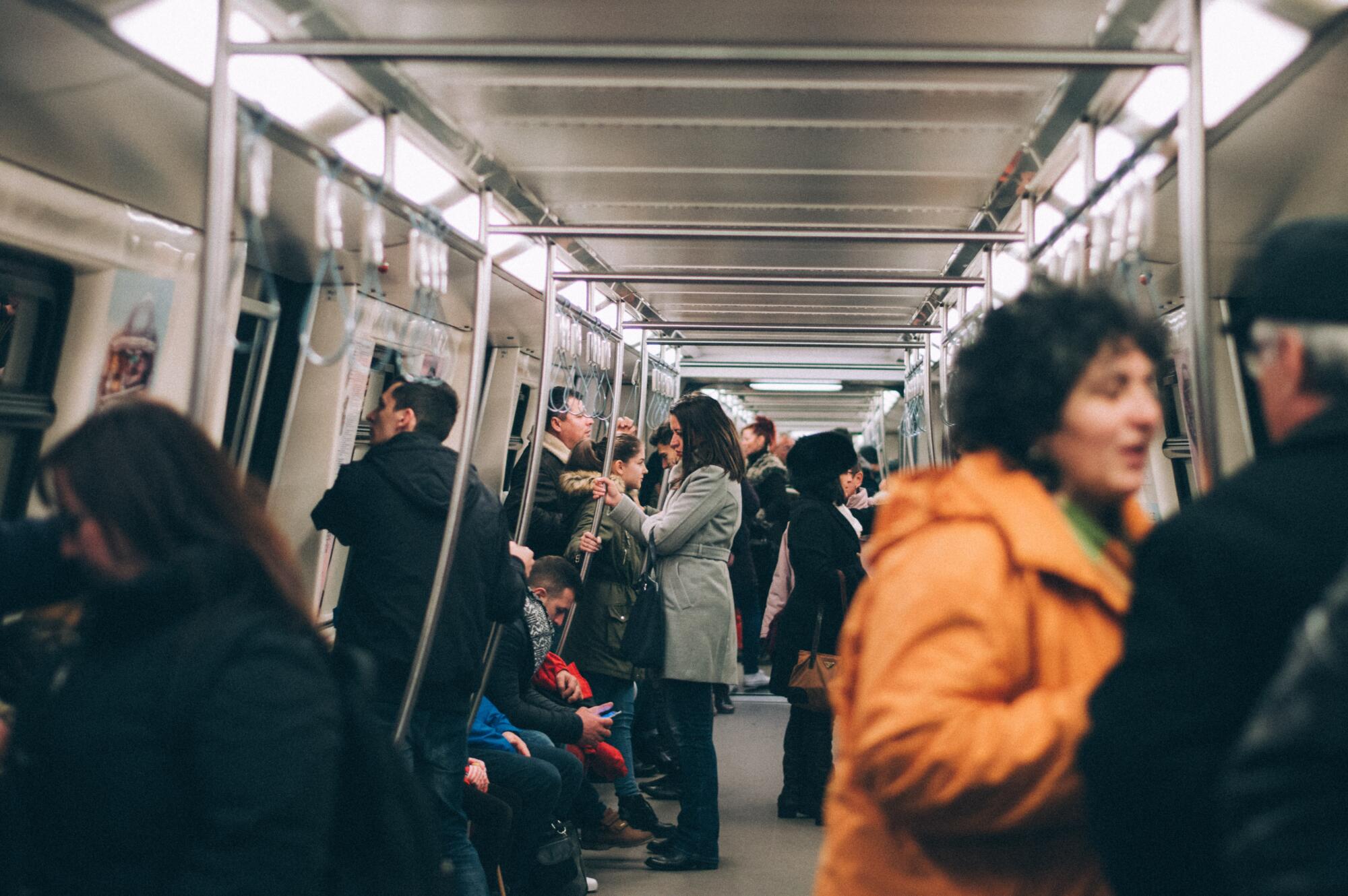
Commuter traffic planning and demand management: Regions Working Group convenes!
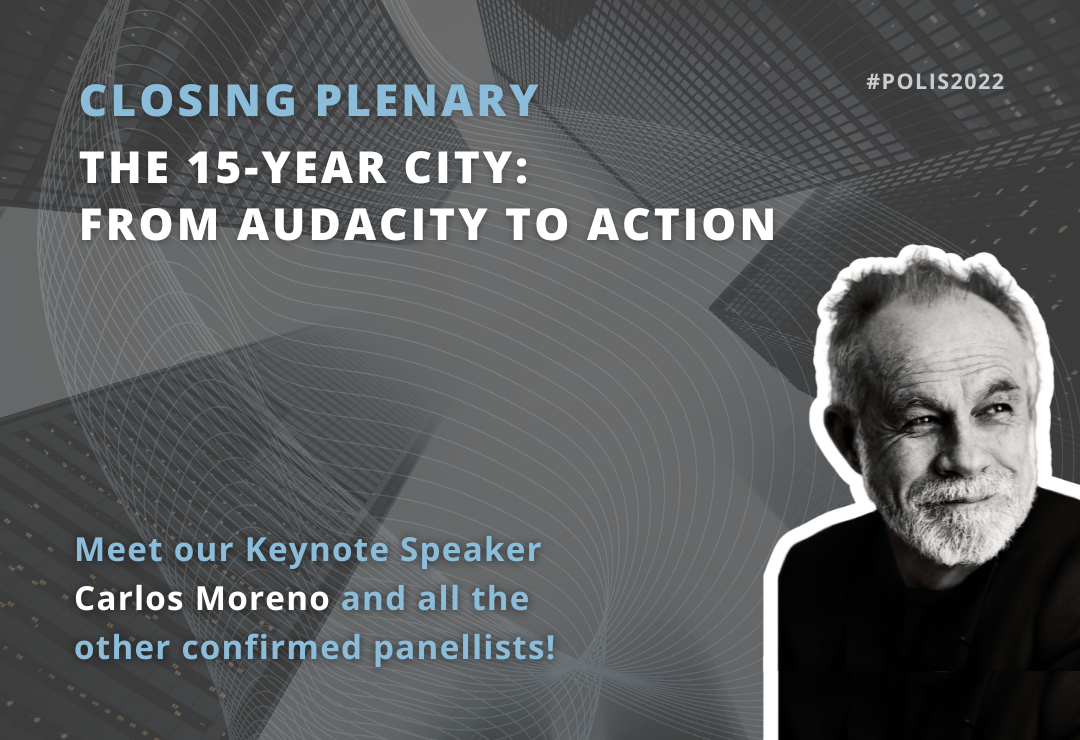
Discover all about the POLIS 2022 Closing Plenary!
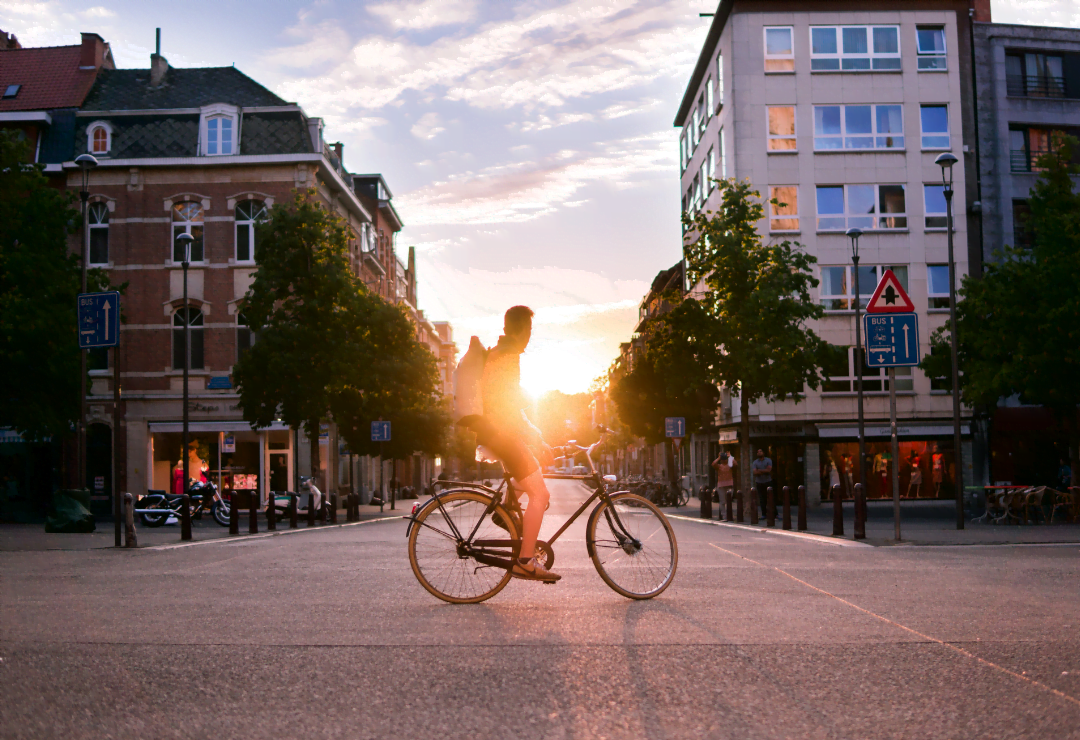
Vias Institute’s latest research reveals new mobility trends in Belgium
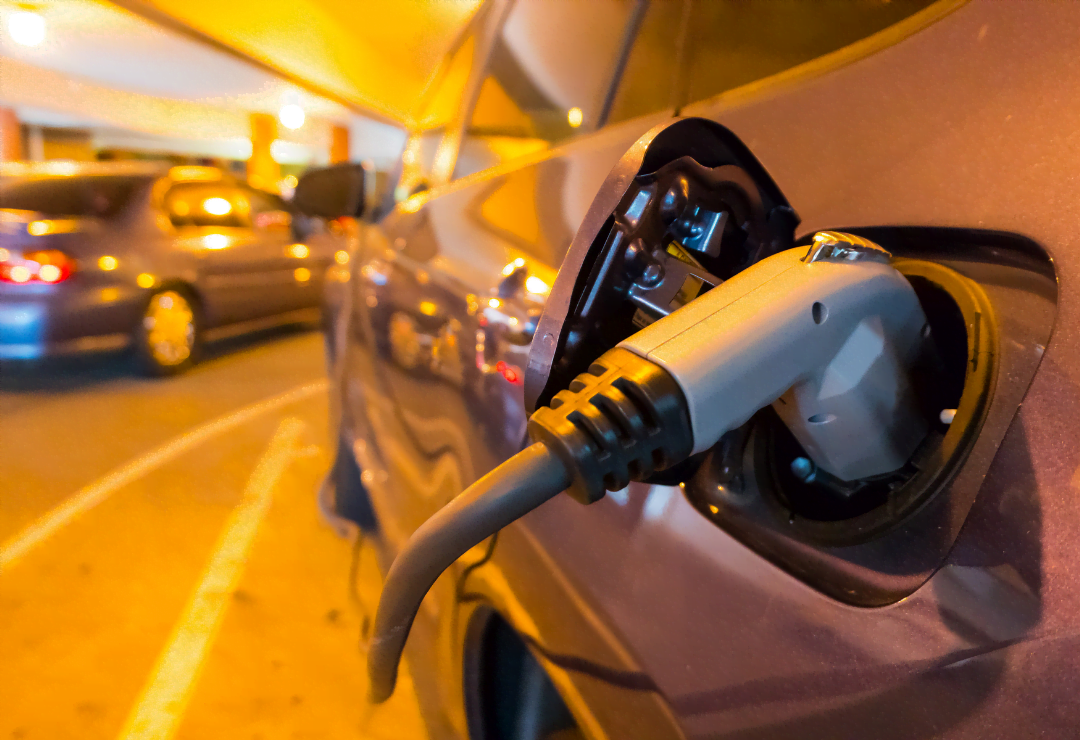
Brussels mandates all car parks to install charging stations in 2025
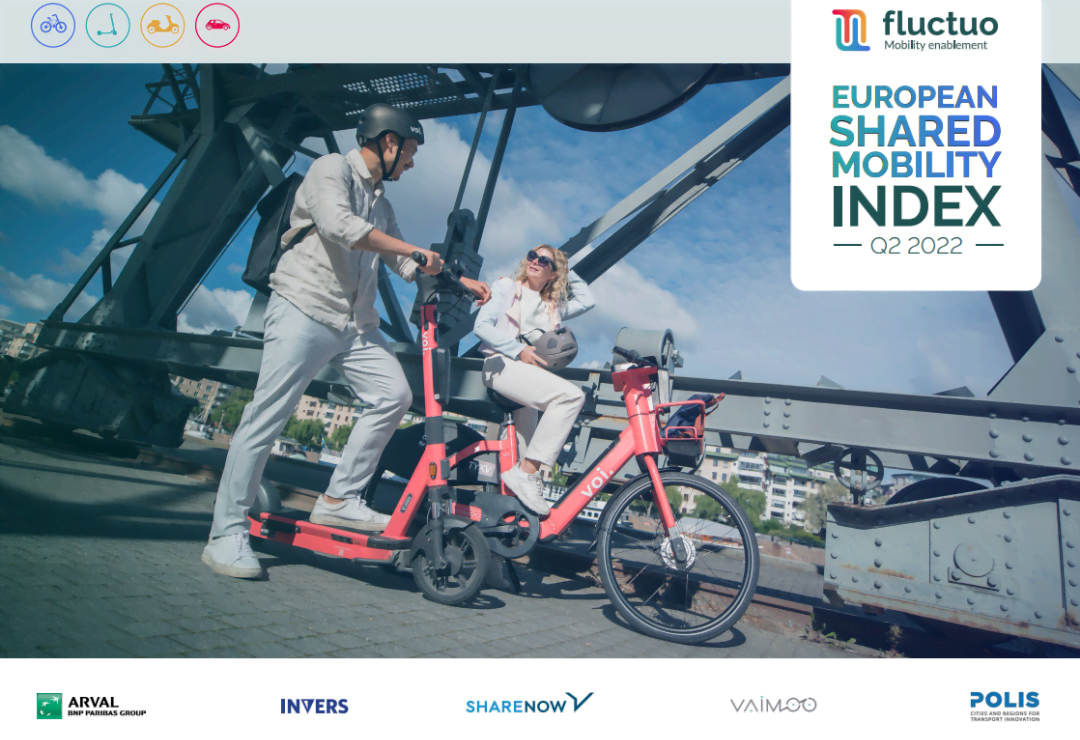
Fluctuo releases latest European Shared Mobility Index
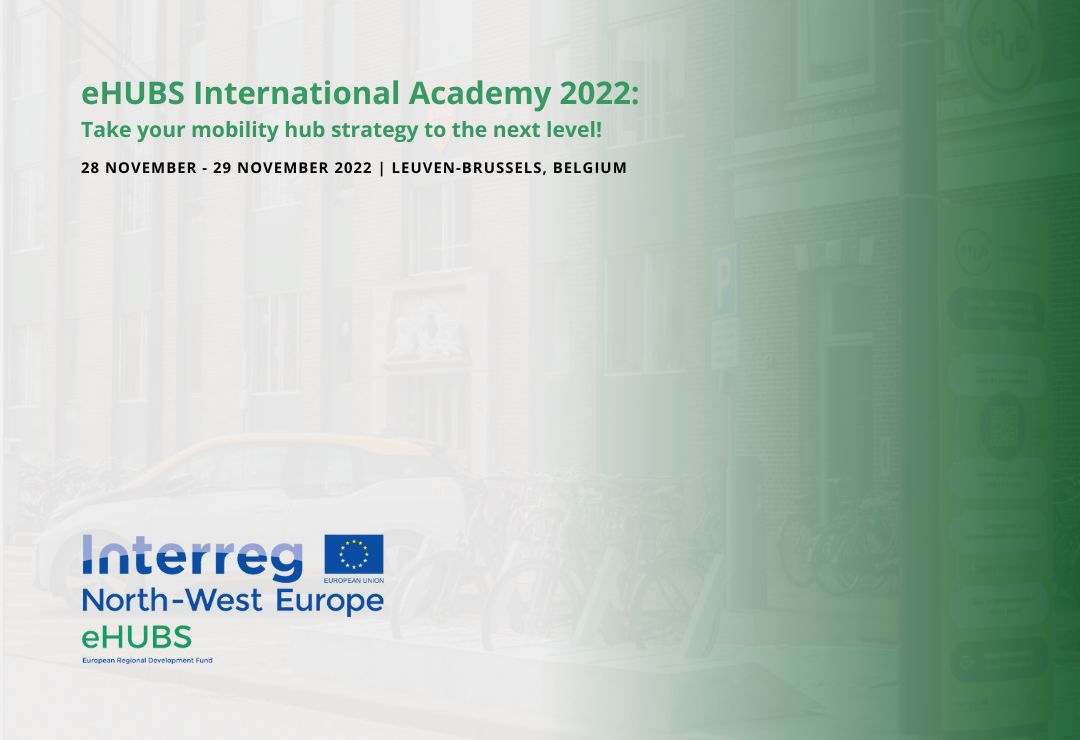
Participate in the eHUBS International Academy 2022!

Registration for the Annual POLIS Conference 2022 is now open!
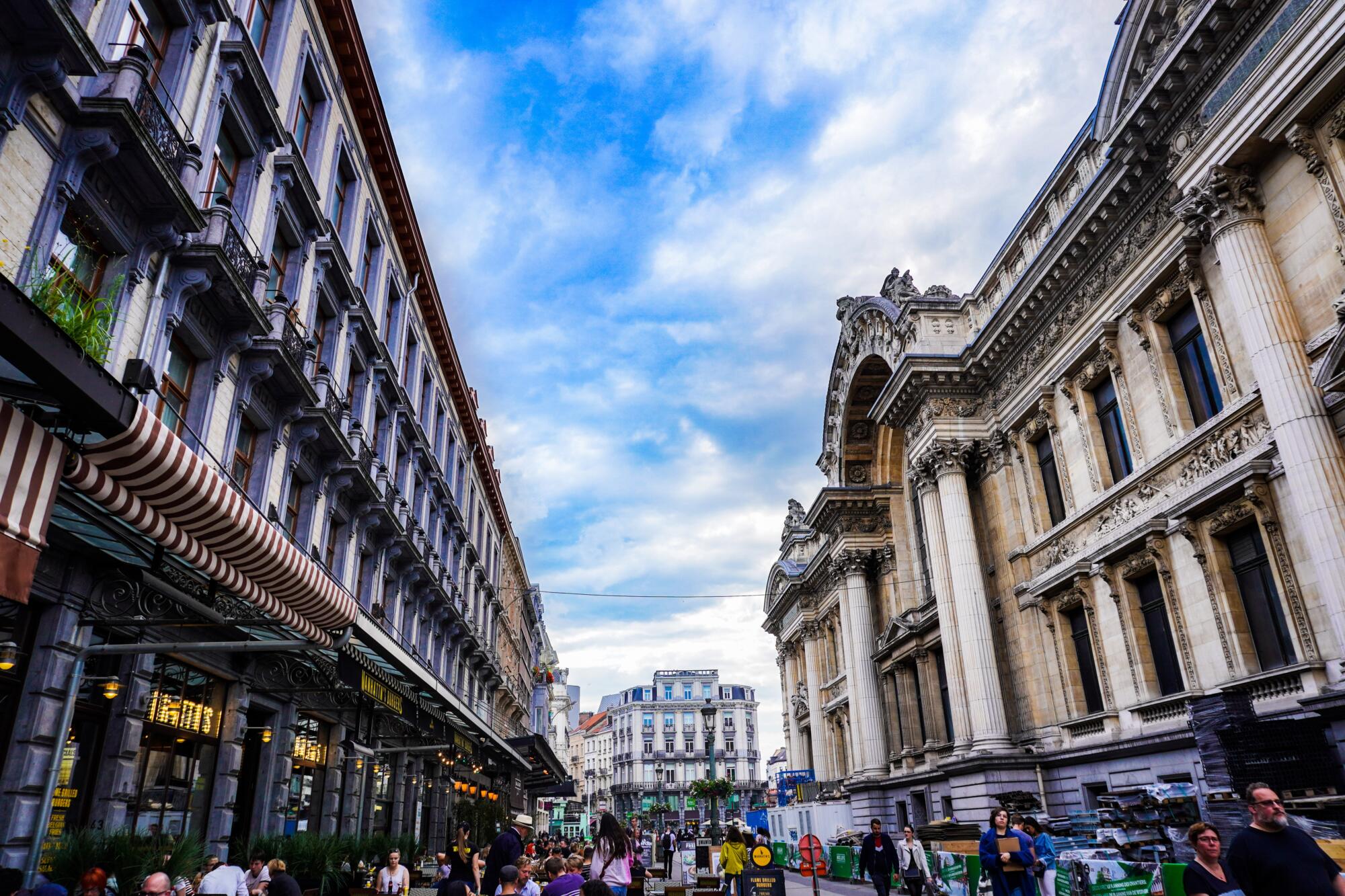
POLIS advocates for ambitious EURO 7 standard
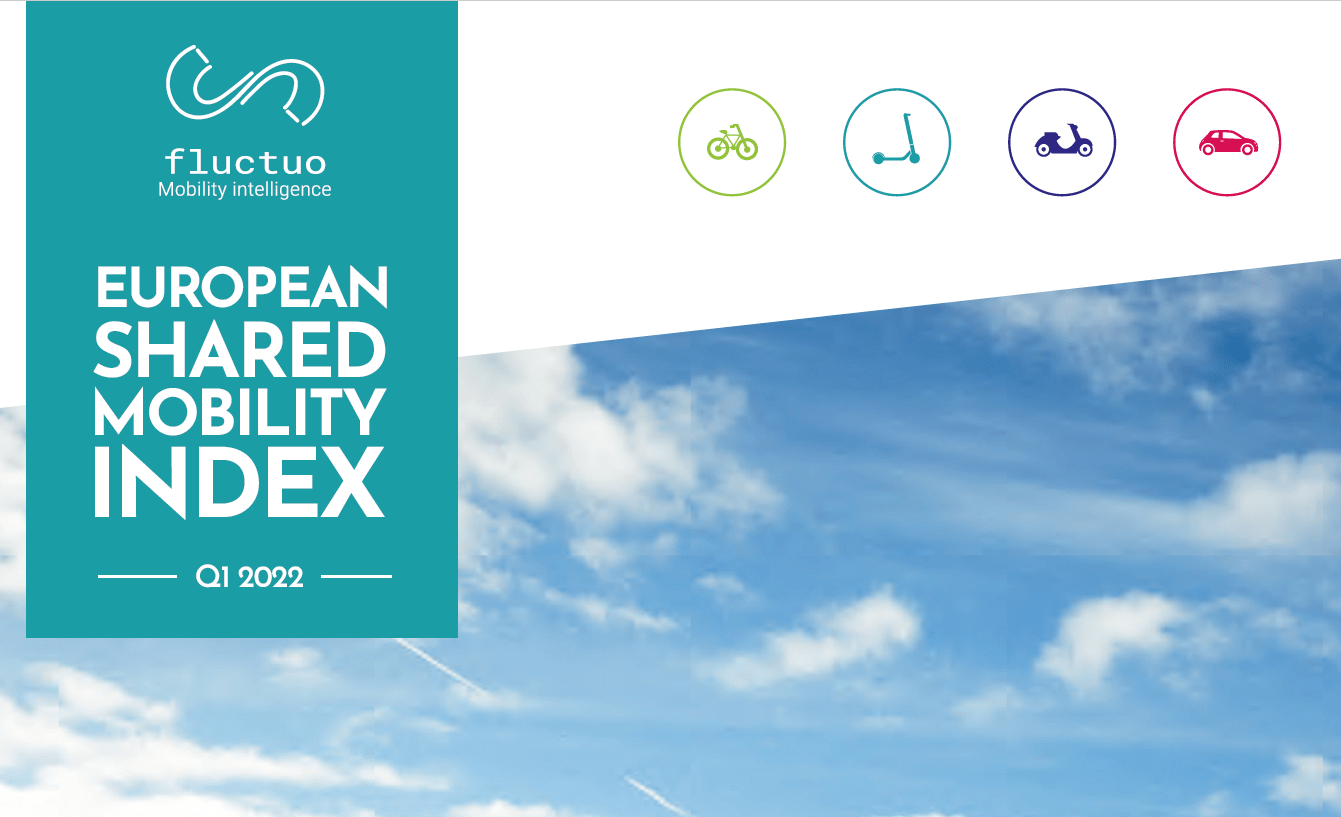
Latest European Shared Mobility Index published
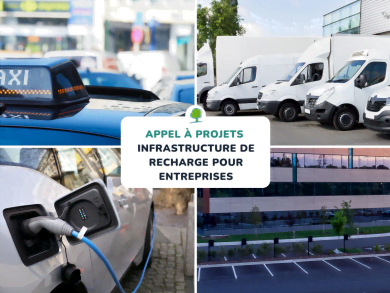
Brussels helps car park owners install charging terminals
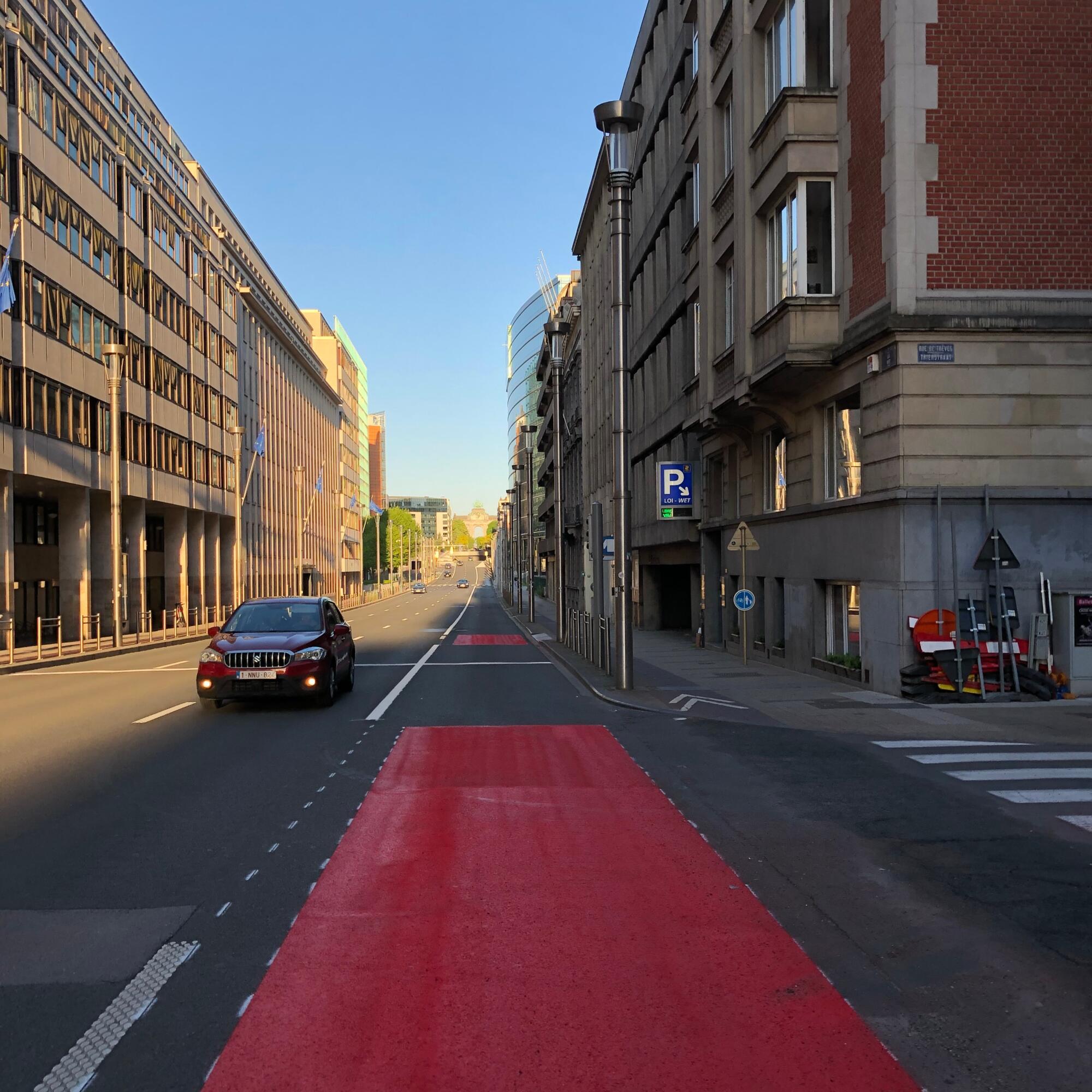
Brussels adapts legislation to ease building light bike lanes

EU Cities Mission selects 28 POLIS members among its cities
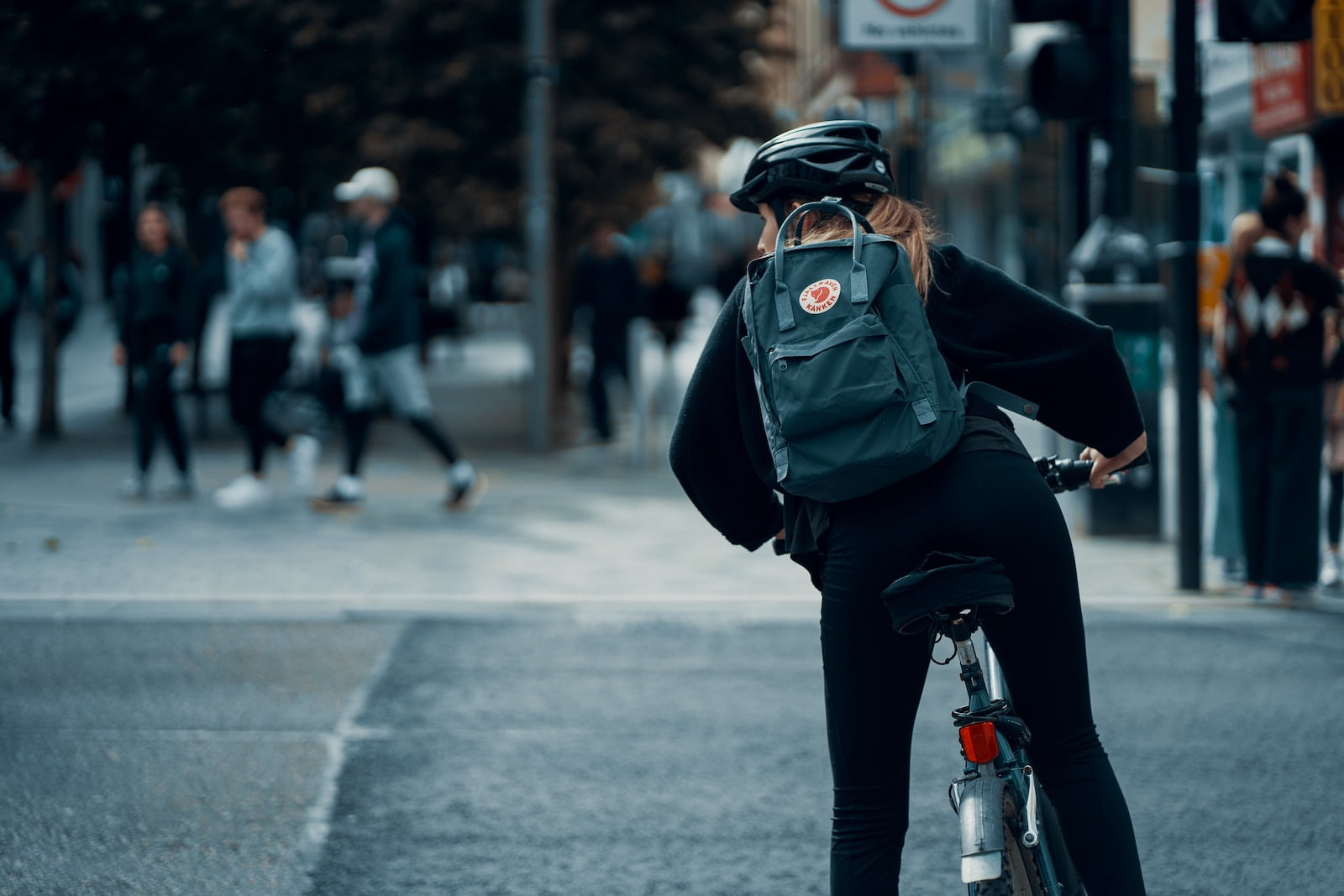
Eurovelo 5 now fully signposted on Brussels territory
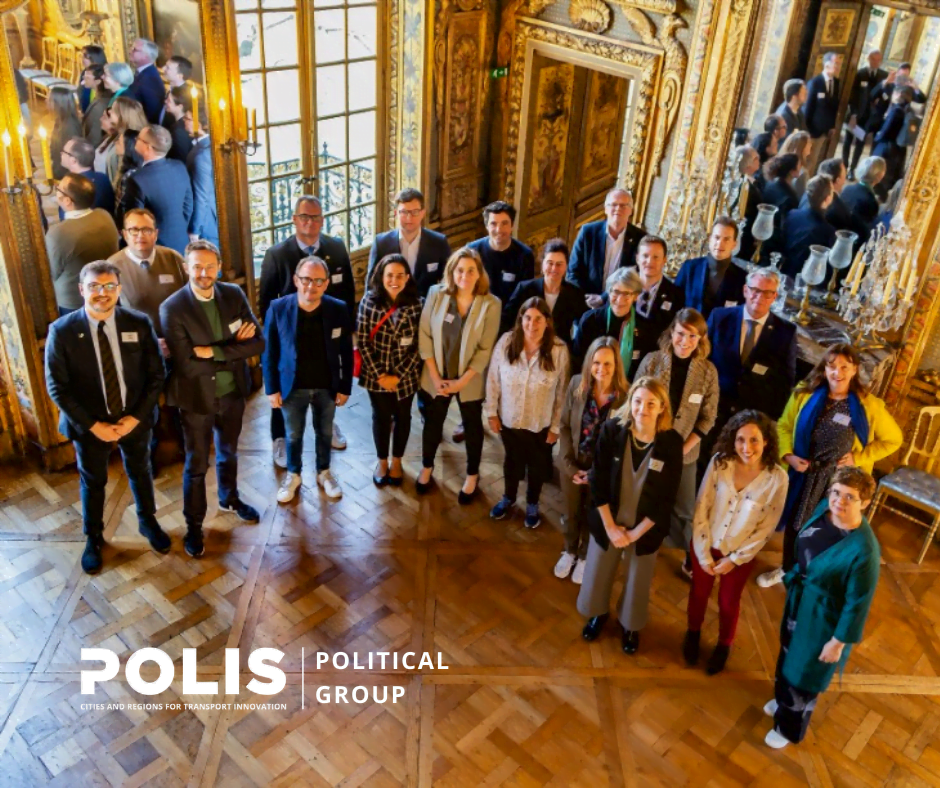
POLIS’ Political Group summit in Paris: Leadership rules!
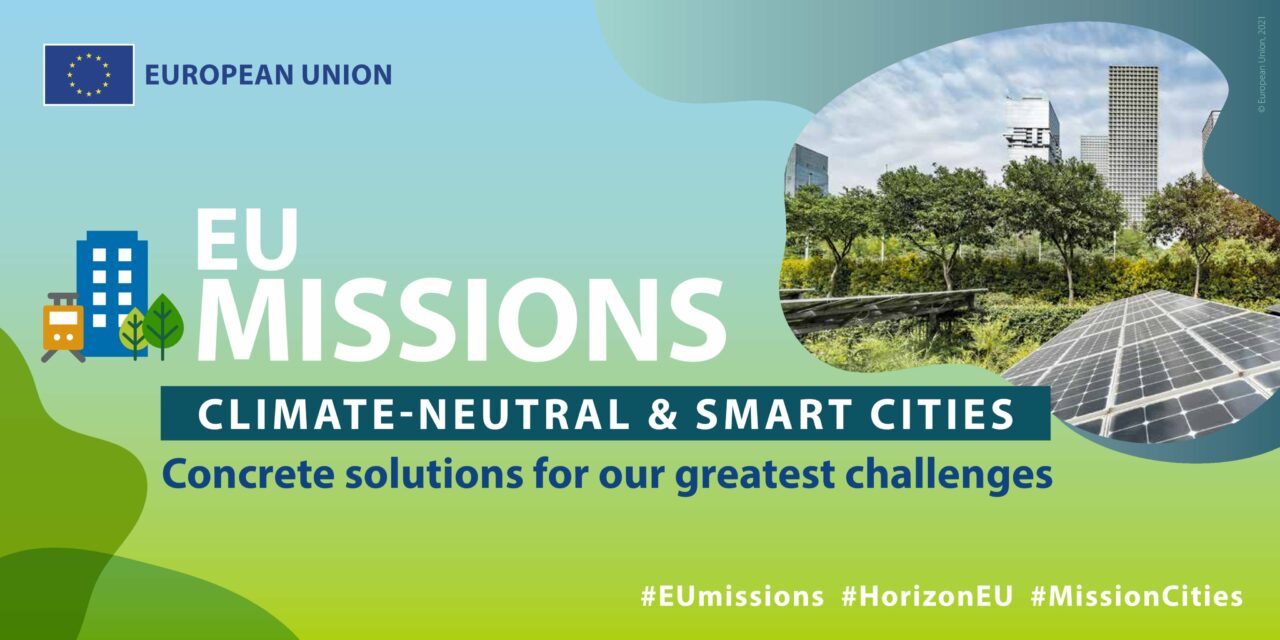
35 POLIS members featured in the Applicants’ list for the Cities Mission

Brussels and Paris to establish largely car-free city centres
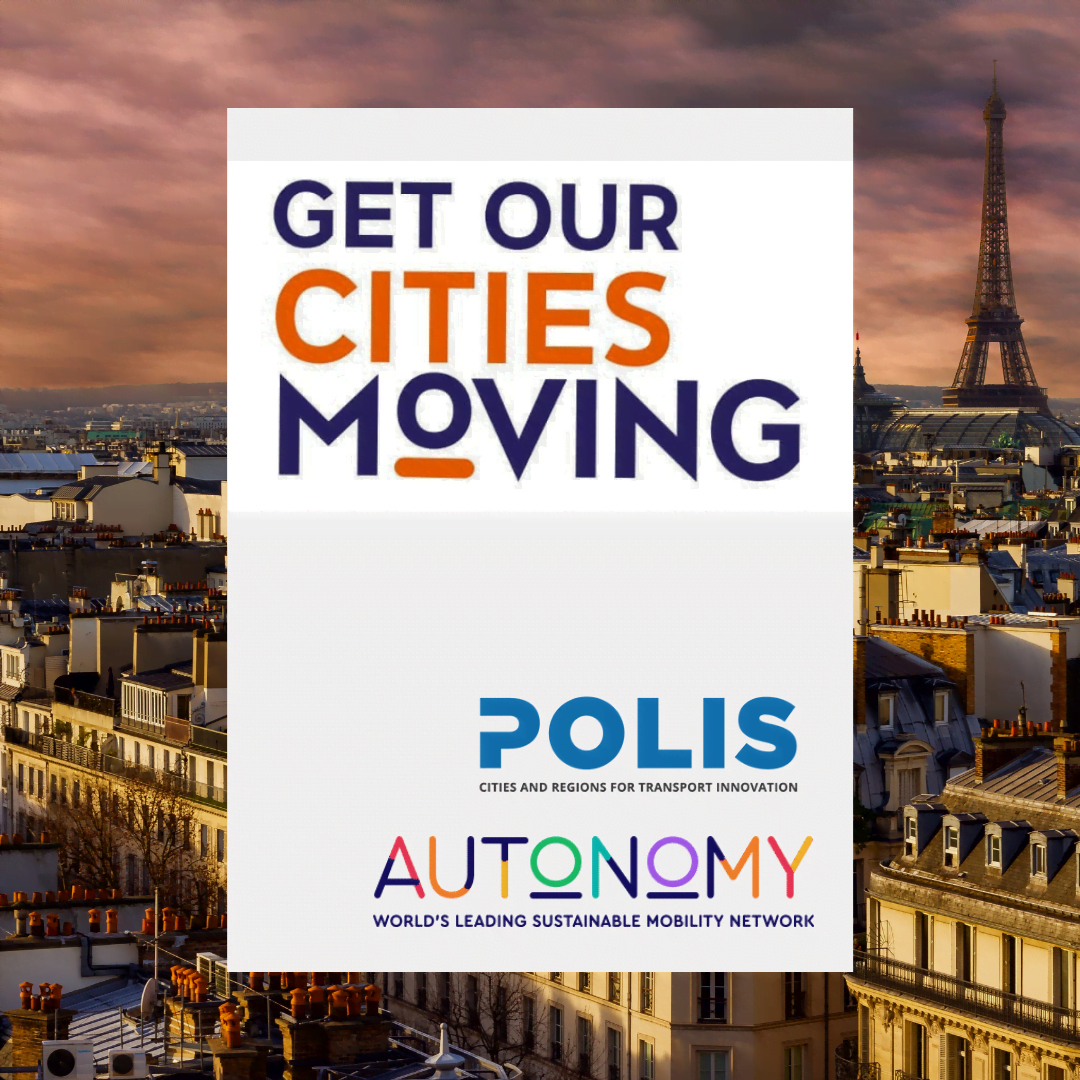
Revealing a star-studded line-up for Get Our Cities Moving

Remote-sensing study in Brussels confirms importance of phasing out highly polluting vehicles to improve air quality
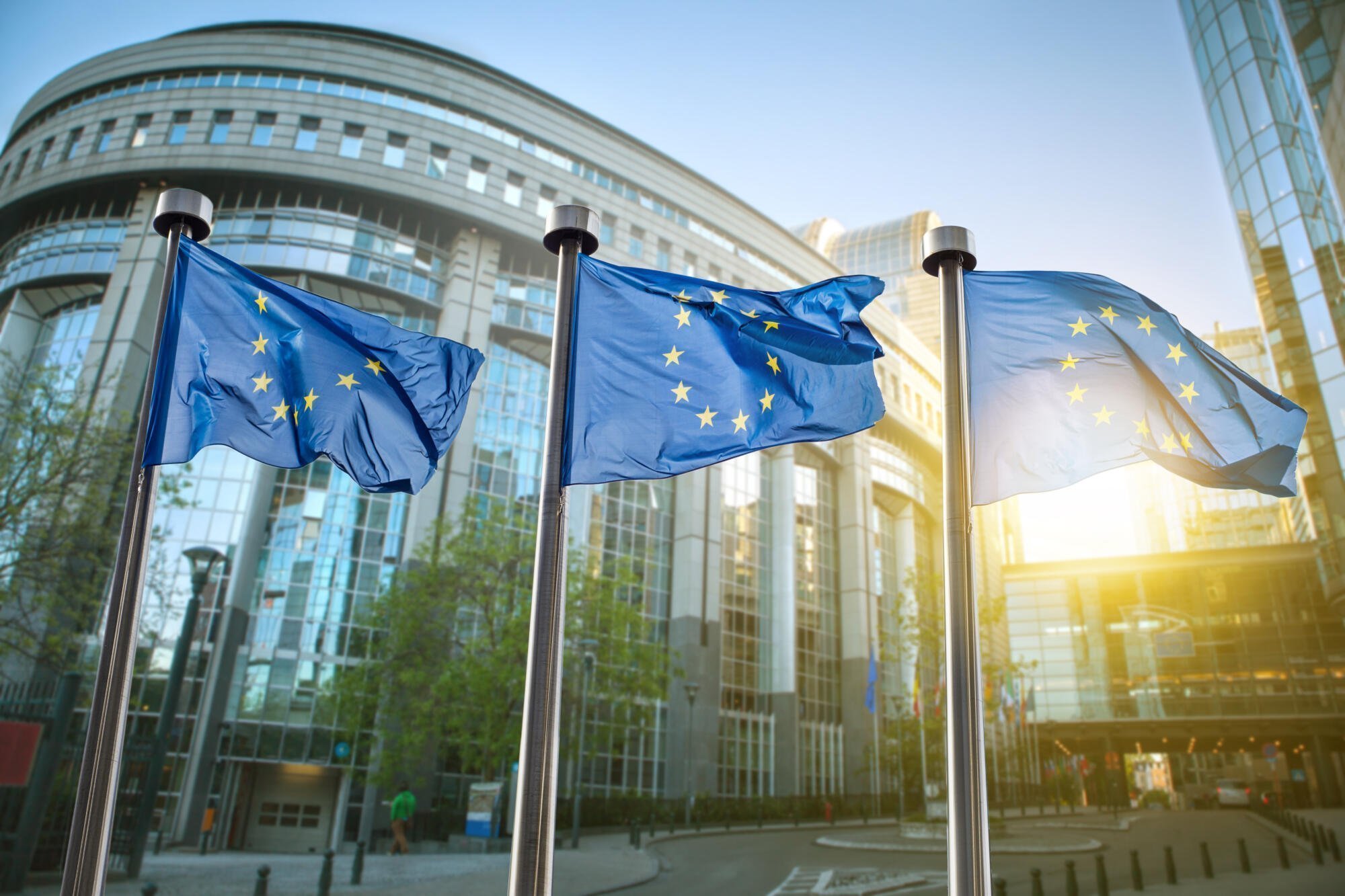
Improving air quality now: it’s Europe’s time to act!
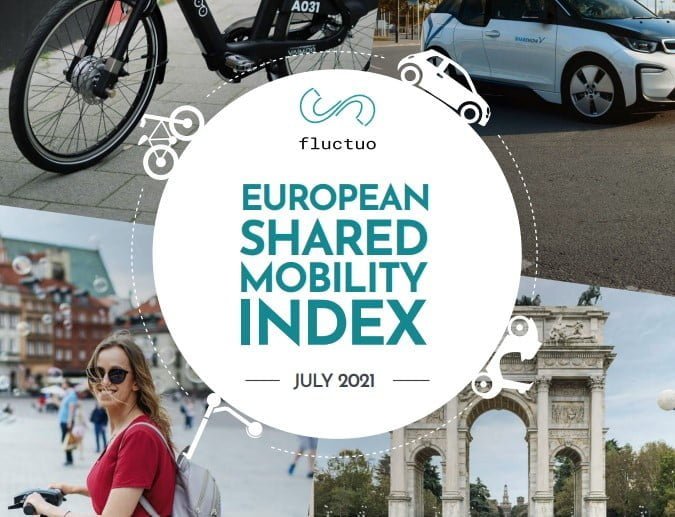
A look at the European Shared Mobility Industry: Fluctuo’s latest Index
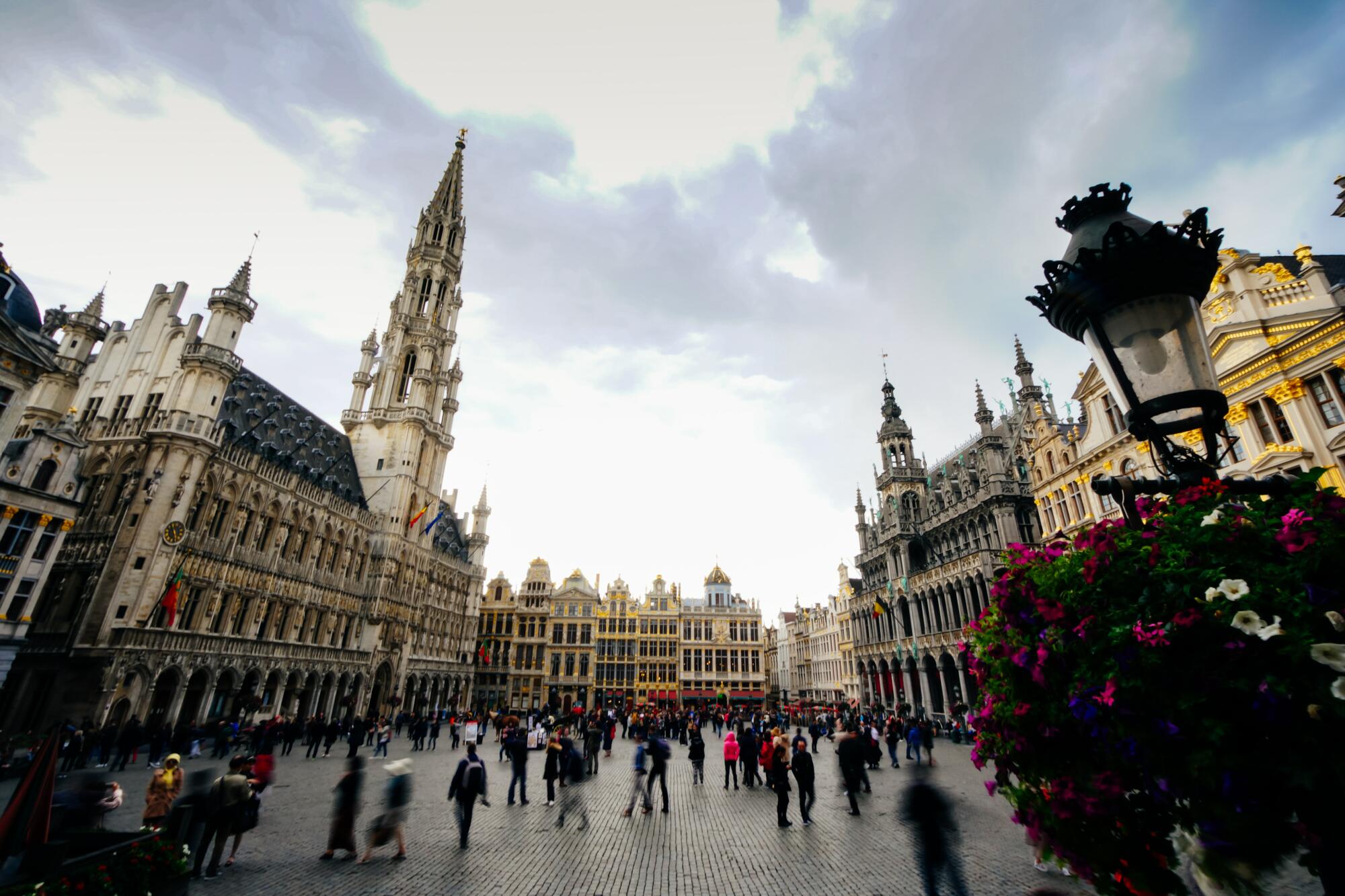
June working group meetings: Digitisation, SMCs… and more!

Brussels will phase-out diesel cars by 2030 and fuel vehicles by 2035
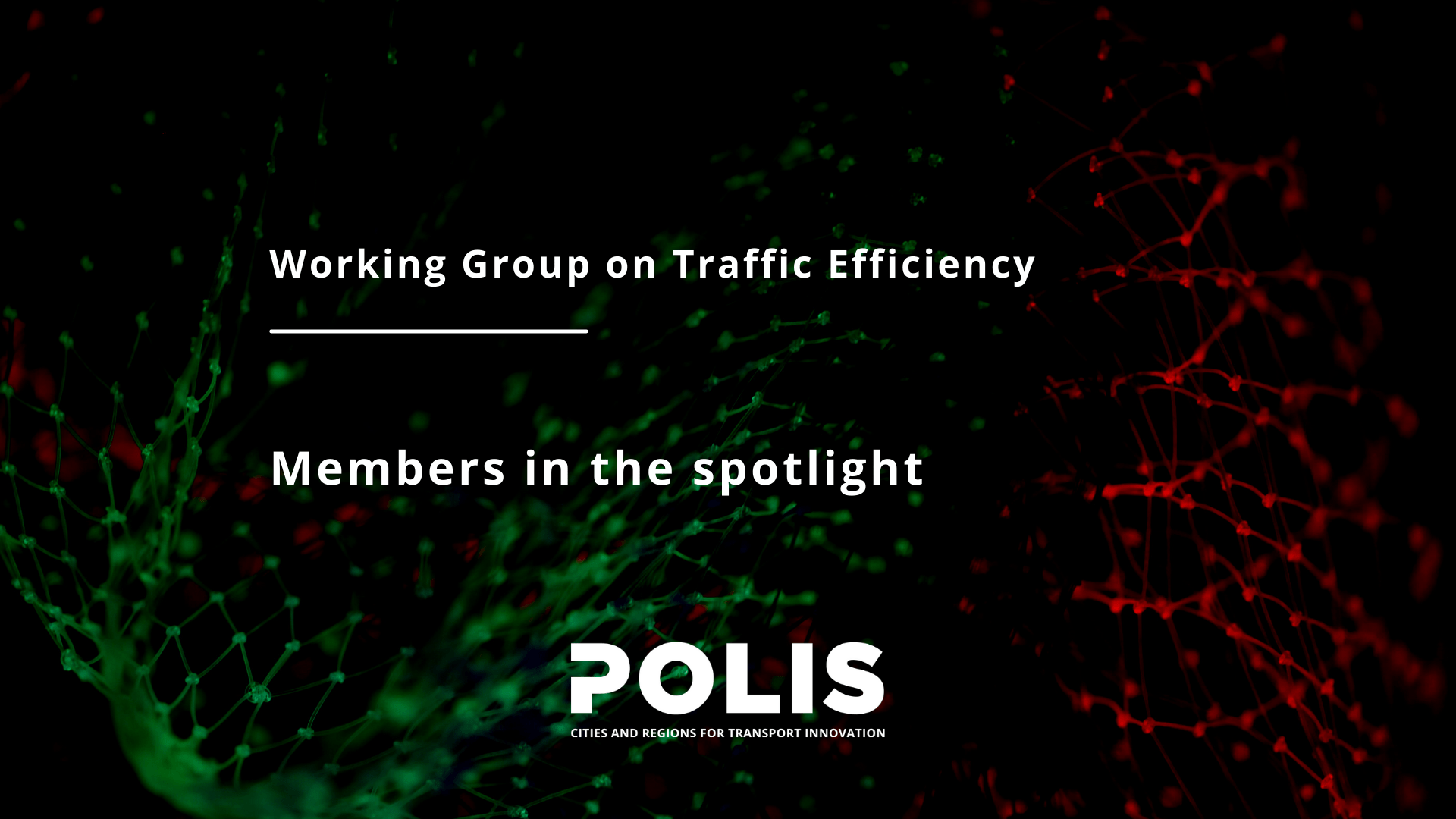
Building a data-driven culture: Members in the spotlight
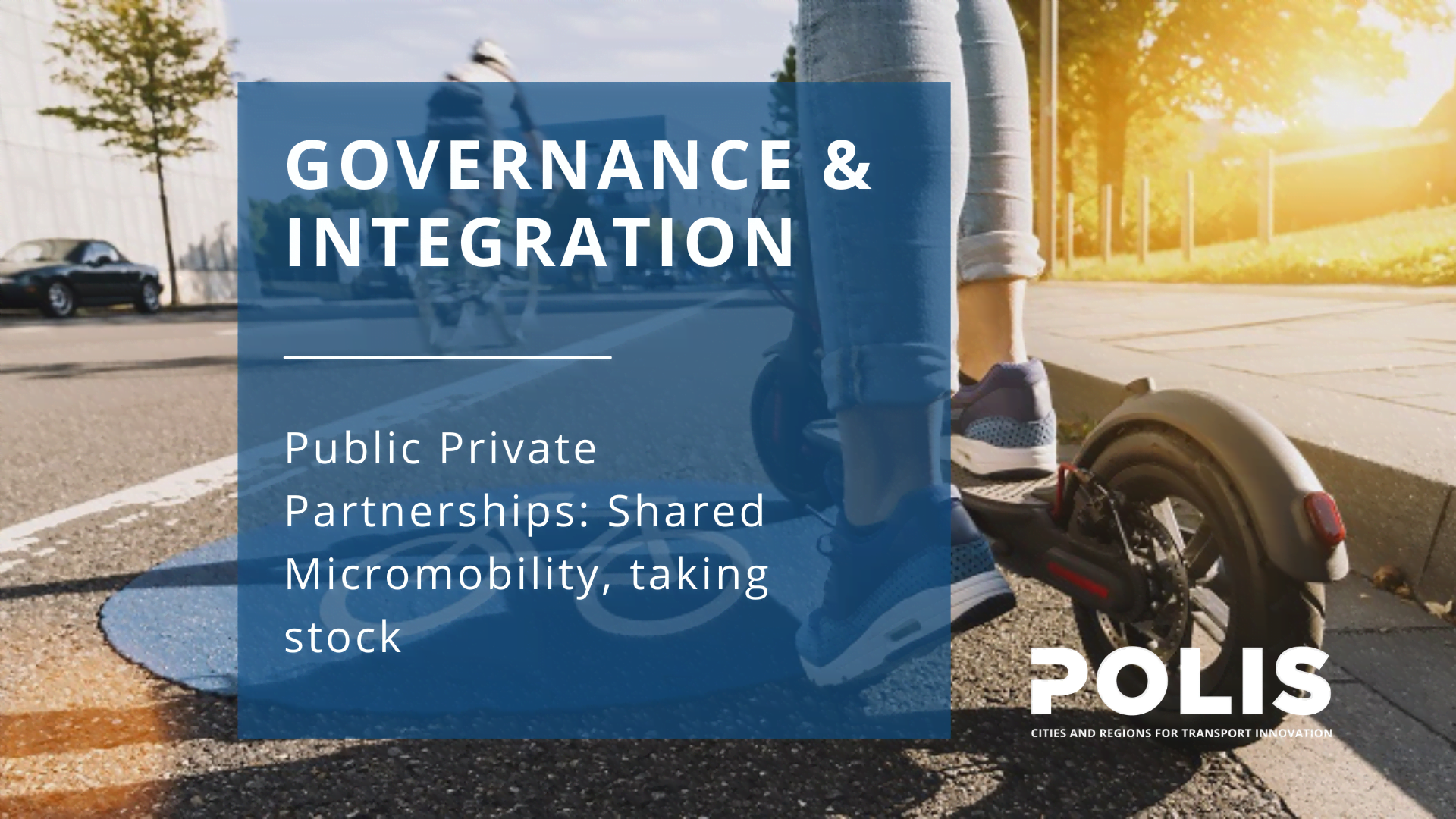
Public Private Partnerships: Shared Micromobility, taking stock

New report provides snapshot of shared mobility industry in Europe

Brussels to extend bike parking network by 2030

Safety & Security Working Group meets to discuss capacity building for road safety
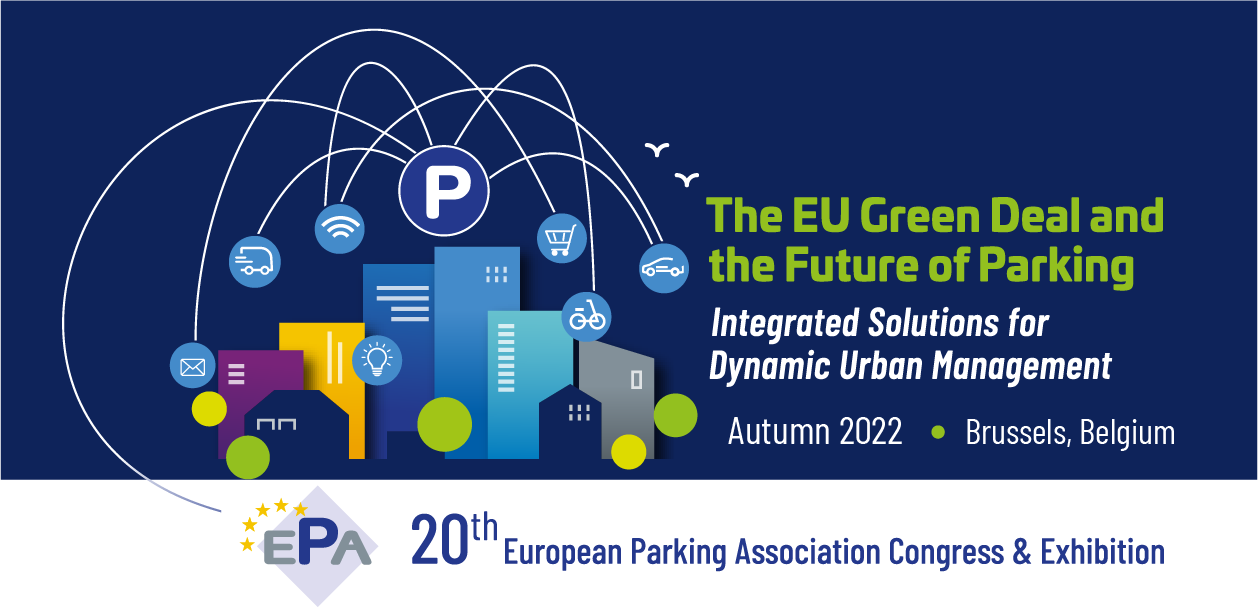
Postponement of EPA Congress & Exhibition to 2022

New report provides roadmap for MaaS

Building the 30km/h city: Brussels goes bold
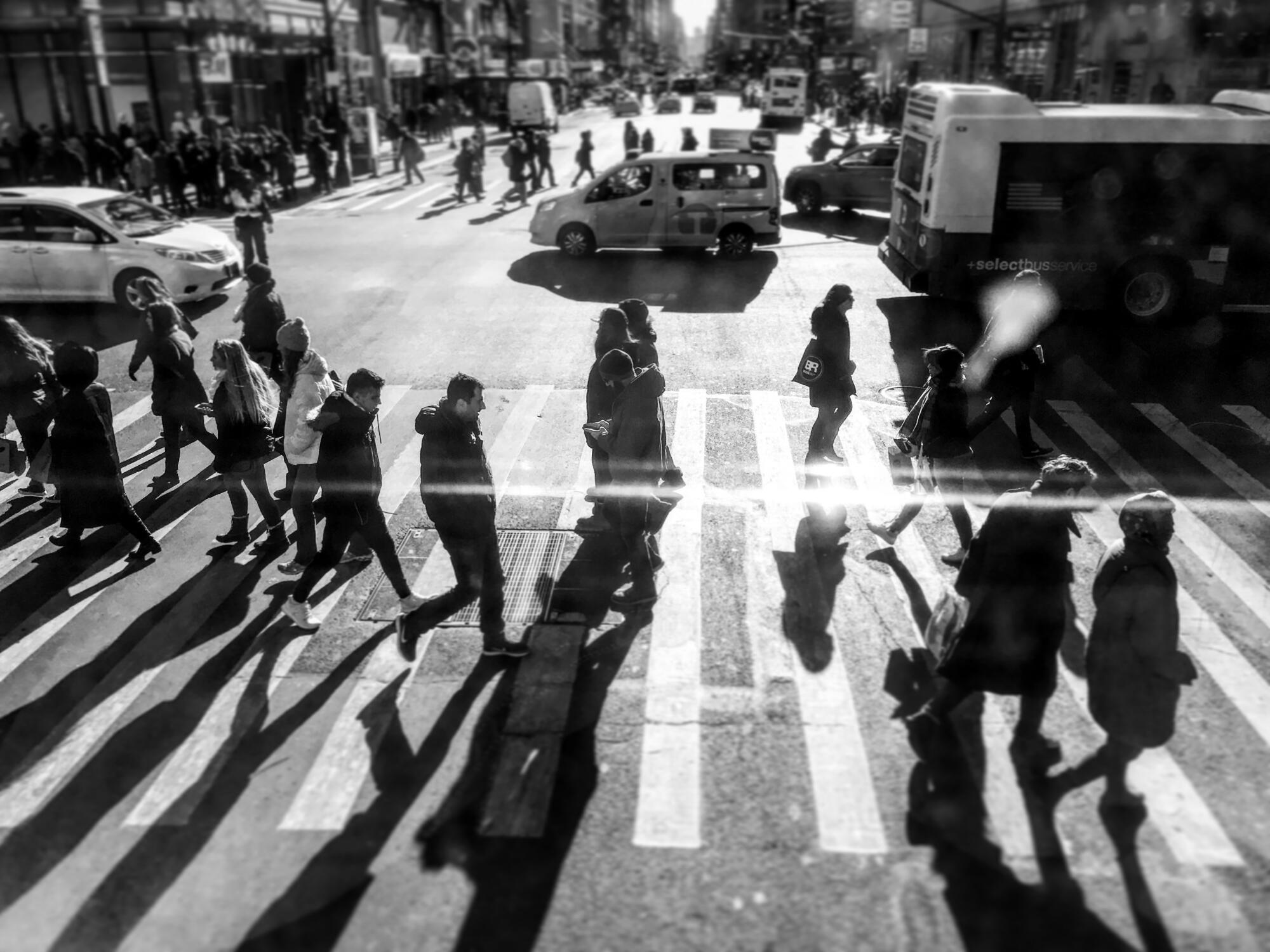
Share best practices on use of asphalt as pavement for pedestrian amenities
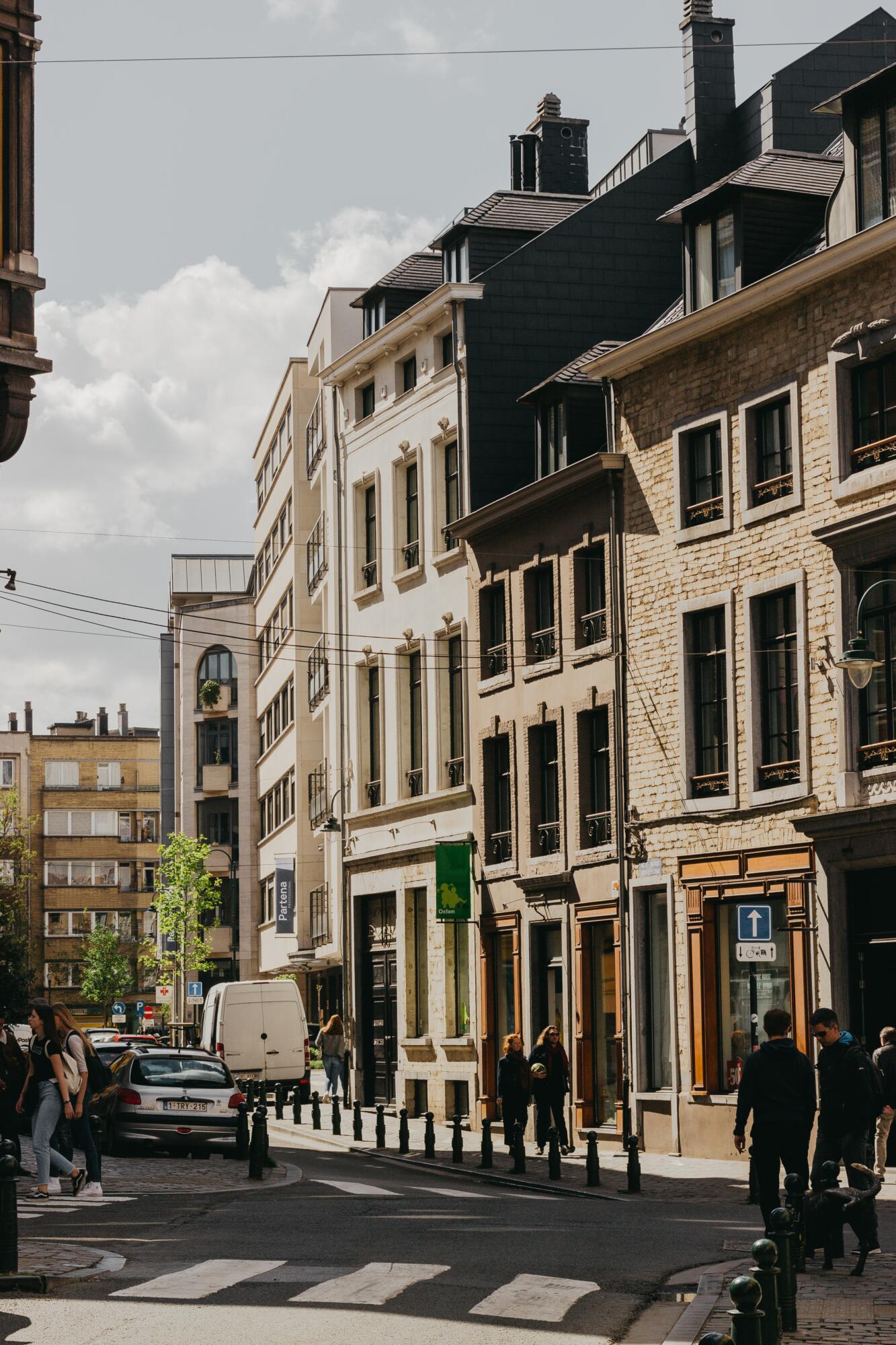
Brussels develops intelligent kilometre charge
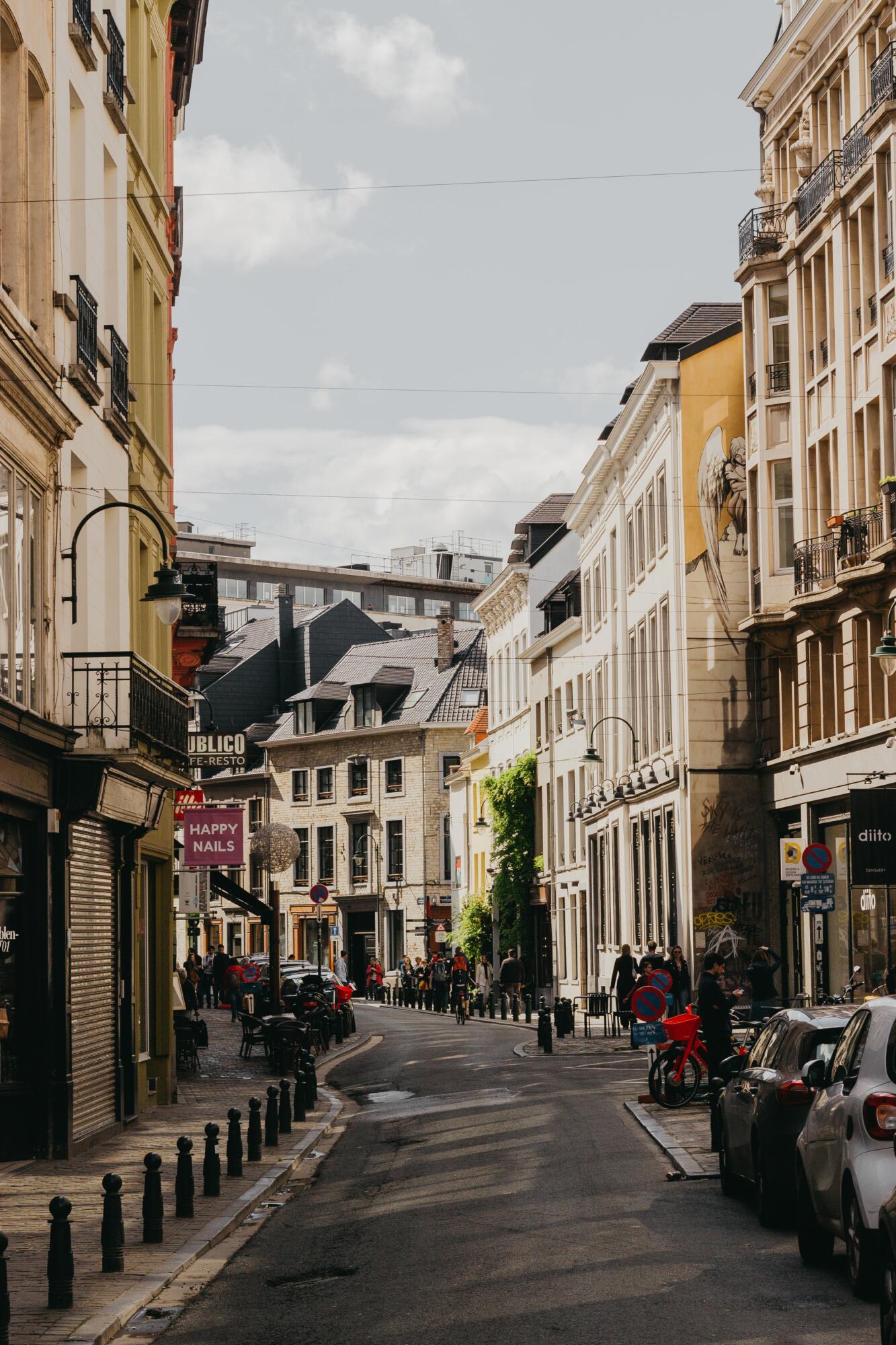
Brussels measures vehicle pollution in real time

Join us at Autonomy’s Get Our Cities Moving programme
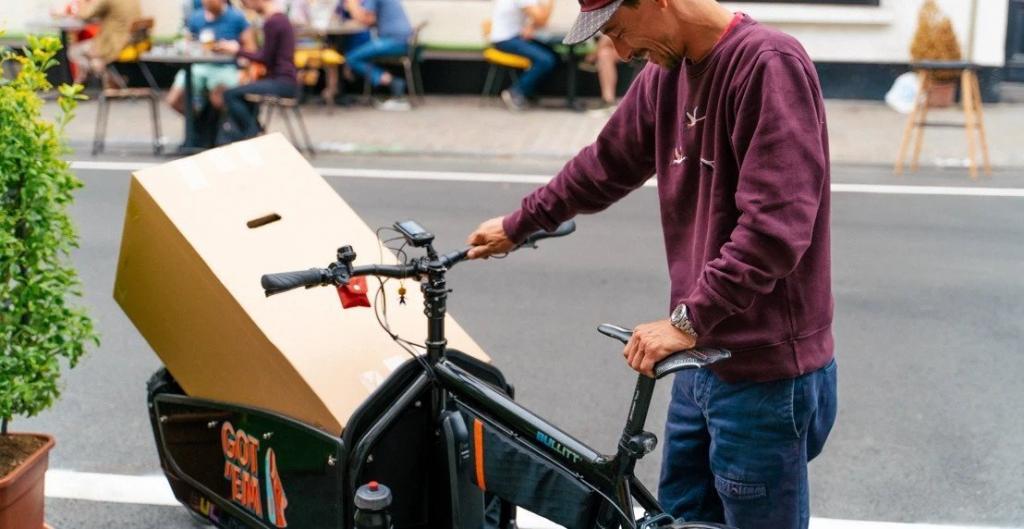
Brussels relies on cargo bikes to improve air quality
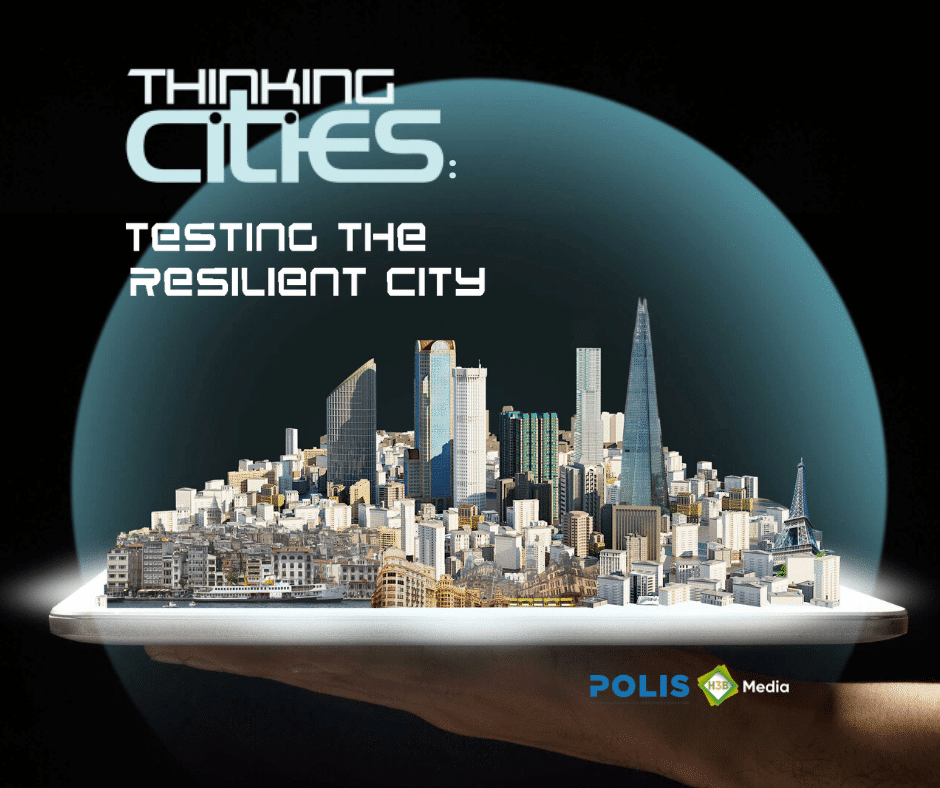
Testing the Resilient City: New edition of Thinking Cities puts spotlight on COVID
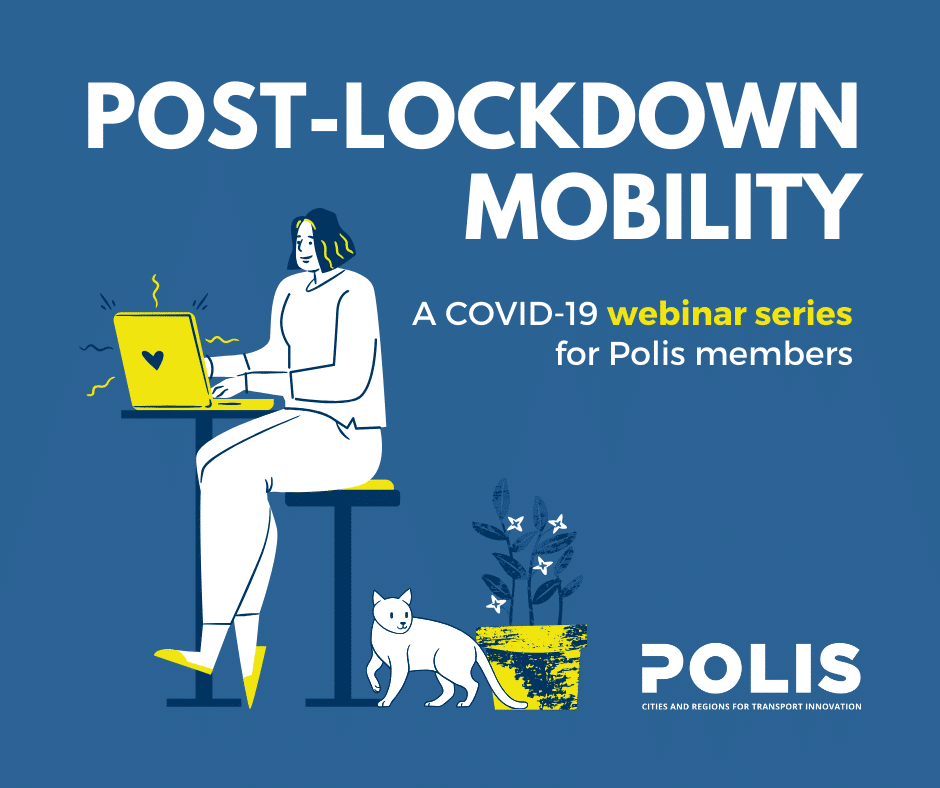
Post-Lockdown Mobility report: Bikesharing in the aftermath of COVID-19: A new pillar of public transport?
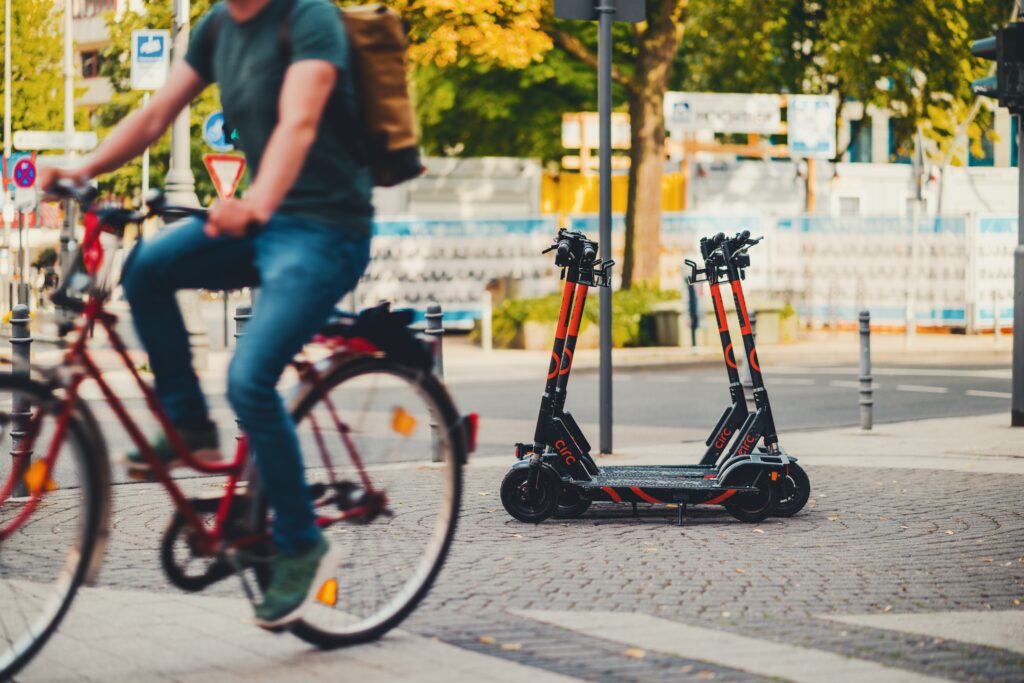
Post-Lockdown Mobility webinar report: Sharing is (Still) Good

POLIS member Brussels Capital Region wins 8th SUMP Award

Post-Lockdown Mobility webinar report: The post-lockdown strategies of Aarhus and Brussels
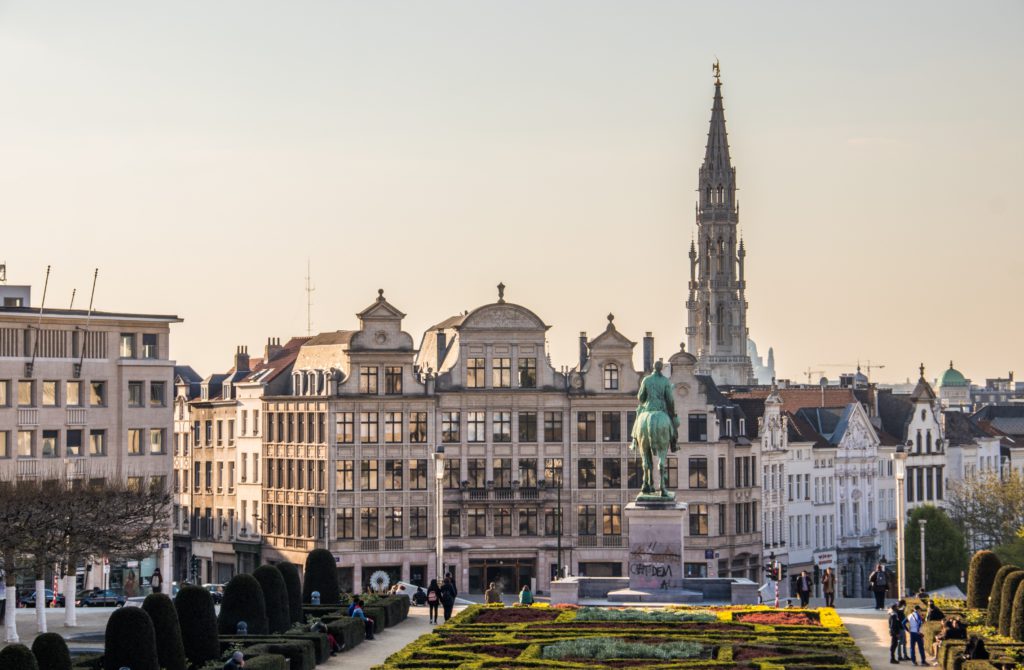
New year, new me(tro)
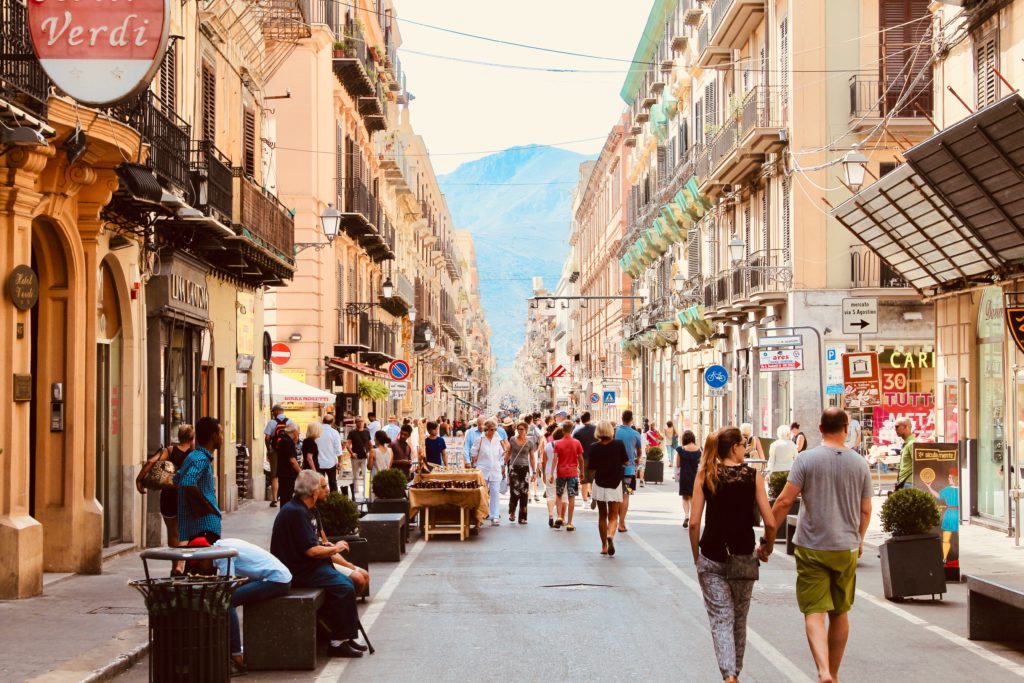
Cities and stakeholders discuss key aspects for future development of UVARs
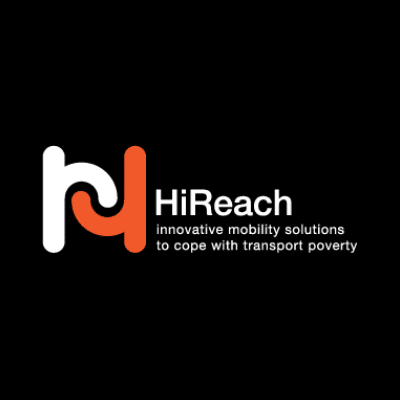
Become a host organisation for the H2020 HiReach project
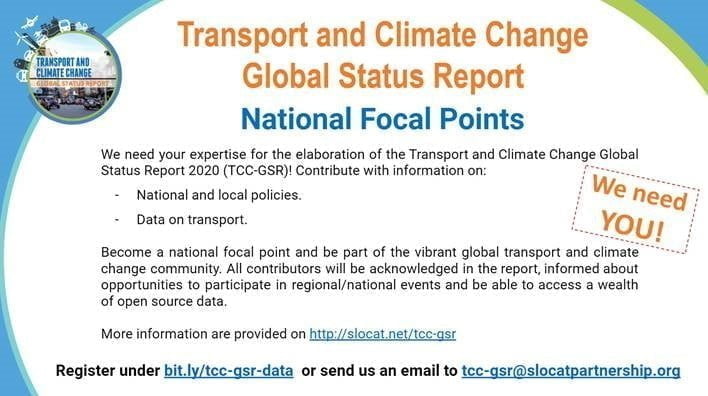
SLoCaT: National Focal Points volunteers wanted in Europe

European Week of Regions and Cities: Polis-ERRIN Session on “Integrating New Mobility Services in Public Transport”, 8 October 2019, Brussels
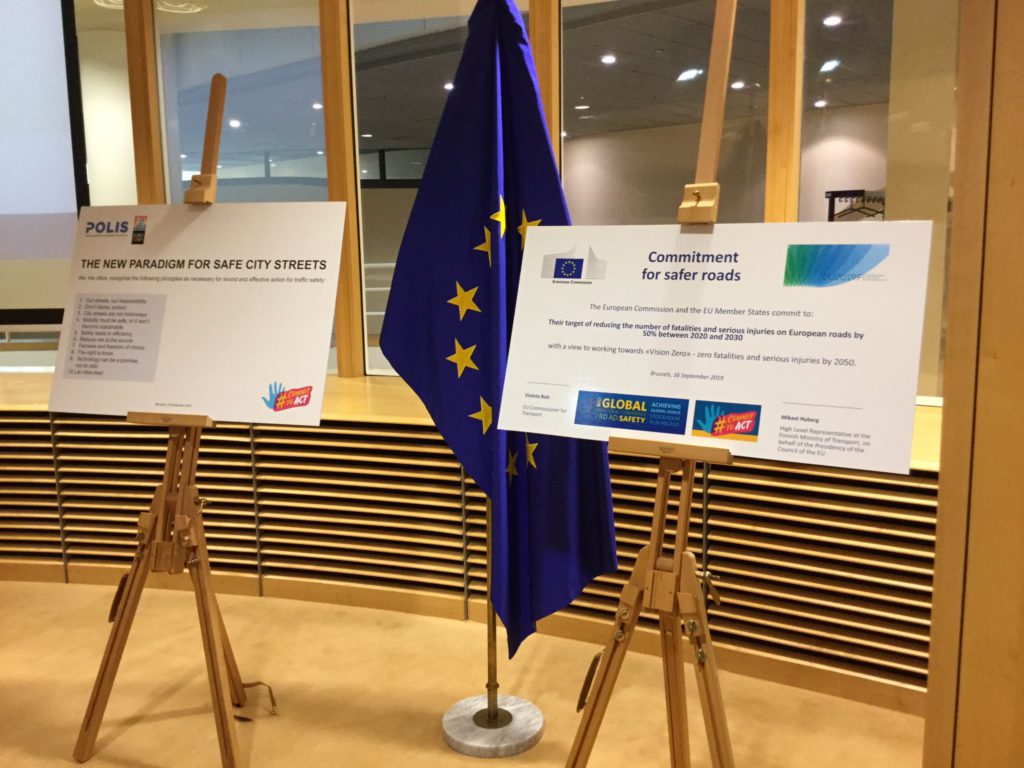
City declaration “The New Paradigm for Safe City Streets” launched today
New ITF Report – Benchmarking Accessibility in Cities: Measuring the Impact of Proximity and Transport Performance

BuyZET cities publish Procurement Plans for zero-emission deliveries
New issue of Thinking Cities released: “Finding balance in the thinking city”
Brussels to reduce number of commuting cars by 15%
BuyZET final event: cities presenting they procurement strategies for zero emission transport
Brussels reveals freight transport key figures in new report
Join the Green Week partner event: Urban Vehicle Restrictions – How to achieve stakeholder support?

Making transport more accessible and inclusive for all: new approaches and solutions, 18 June 2019 – Groningen (NL).
Brussels regulates free-floating mobility services
Cities discuss how to make urban transport “Zero-emission”
Polis facilitates dialogue between cities and regions and new mobility service providers
Towards “zero-emission” cities
Smart Mobility Dashboard ManyWays launches in Brussels
Register now! BuyZET Final event, 14 May 2019

Upcoming Polis Working Group meetings in 2019
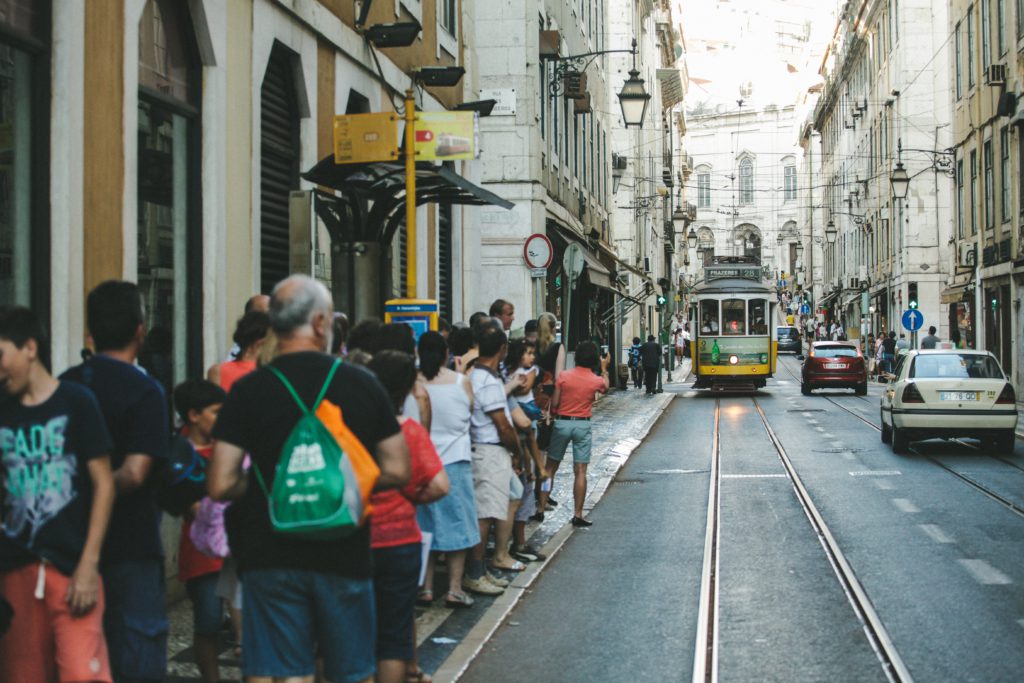
Join the Transport Day 2018 at the COP24 in Katowice, Poland
Five Polis members guest speakers at first UCI Bike City Forum “Shaping the Future of Active Mobility” in Milan, on 14 November 2018
Join the 3rd partner meeting on New Mobility Services in Brussels!
Five weeks left to apply for the European Green Capital and Green Leaf Awards!
ELIPTIC policy recommendation brochure available now
21 projects selected by BENEFIC as part of the Connecting Europe Facility (CEF) grant
BuyZET special session at EcoProcura Conference!
Freight TAILS Final Report now available
Draft programme of 2018 Polis Conference released
Polis member Brussels launches “Carsharing Summer Experience”
CITYLAB Handbook and Observatory now available!
Brussels region launches ComOn, the new “Tinder for carpooling”
Successful ELIPTIC Final Conference
ELIPTIC process evaluation identifies drivers and barriers for project implementation
Sharing Economy Logistics: Access over Ownership. Join the Workshop in Brussels on 28 March 2018
CITYLAB MAMCA workshop to discuss urban freight initiatives
BuyZET Transportation Mapping Reports now available online!
Registration open for Polis-ITF joint road safety workshop
CIVITAS Urban Freight Conference – 23-24 April 2018, Brussels
Free floating bikes arrive to Brussels
Polis member Brussels launches “BikeForBrussels”
New edition of Thinking Cities magazine released
Brussels launches ‘Good Move’, a public consultation plan
EMW and SUMP Award finalist cities revealed
Brussels: terror attacks make people to cycle more

eCharge4Drivers EIG Workshop
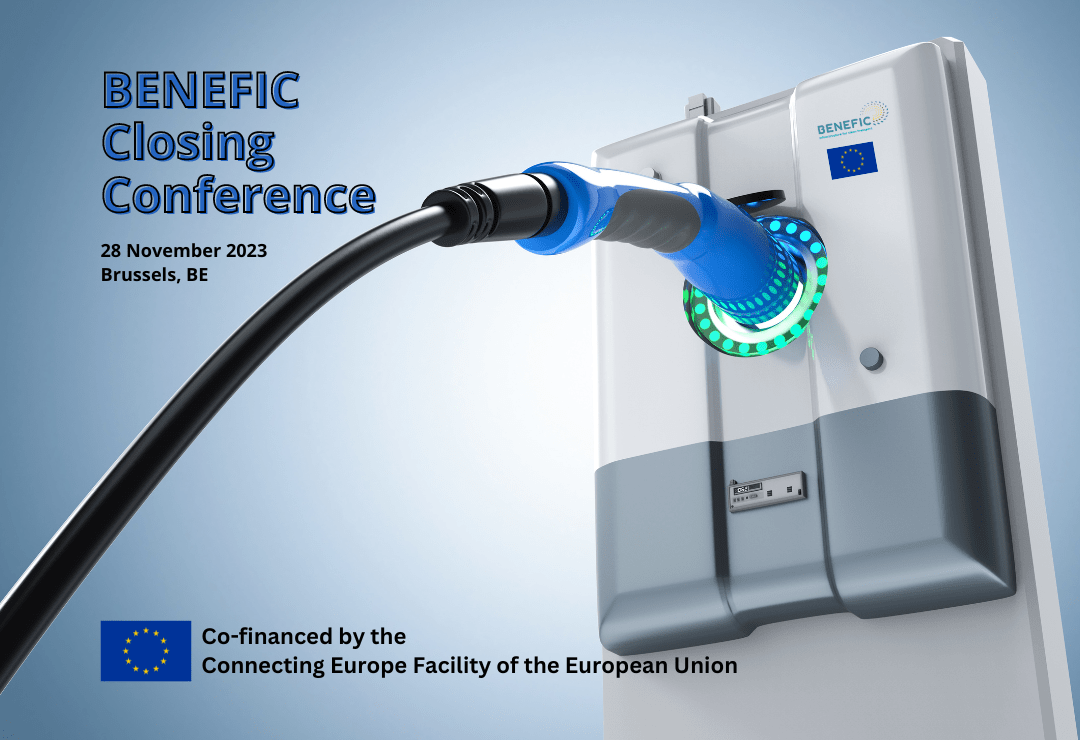
BENEFIC Closing Conference
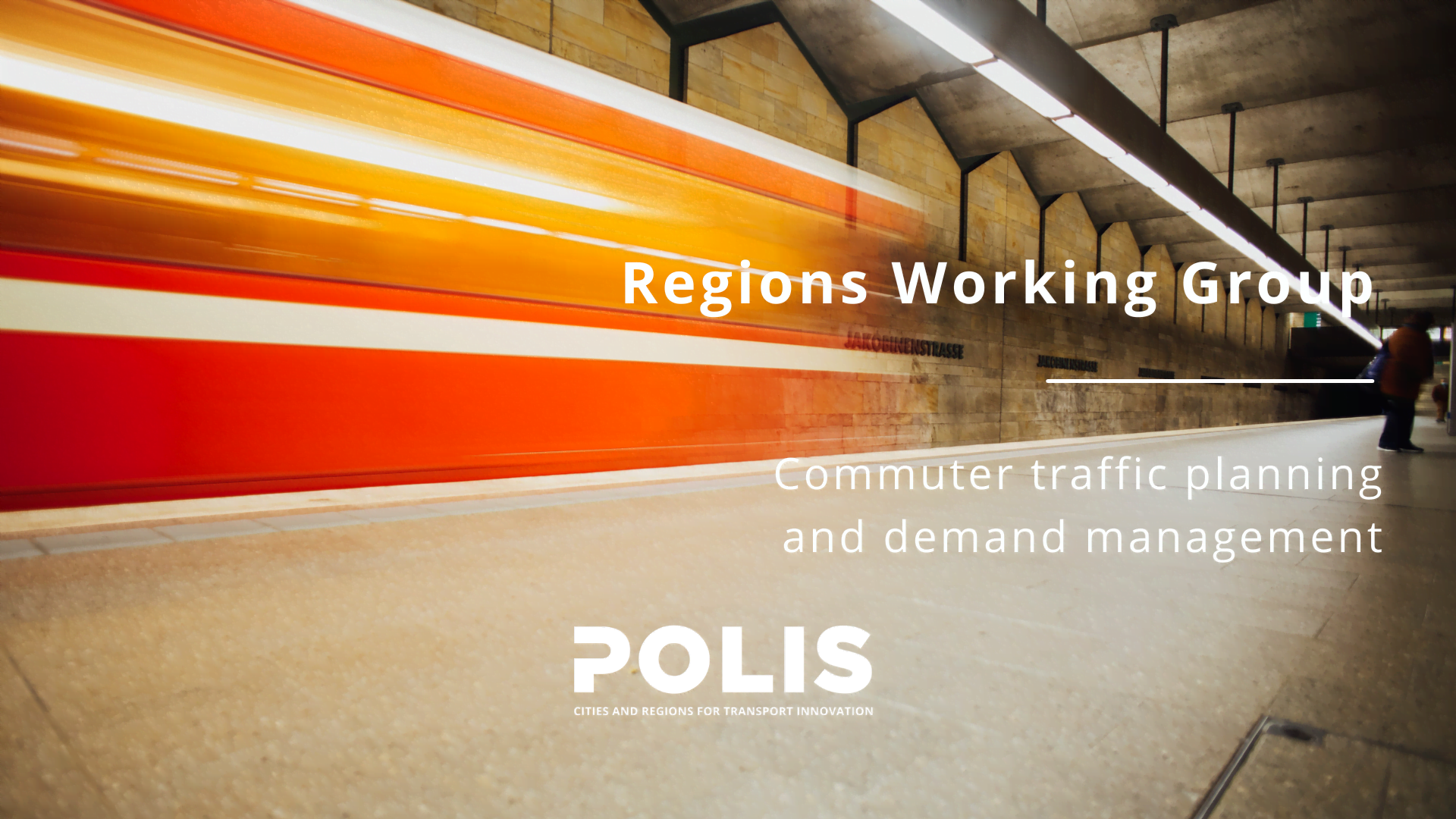
Regions Working Group: Commuter traffic planning and demand management
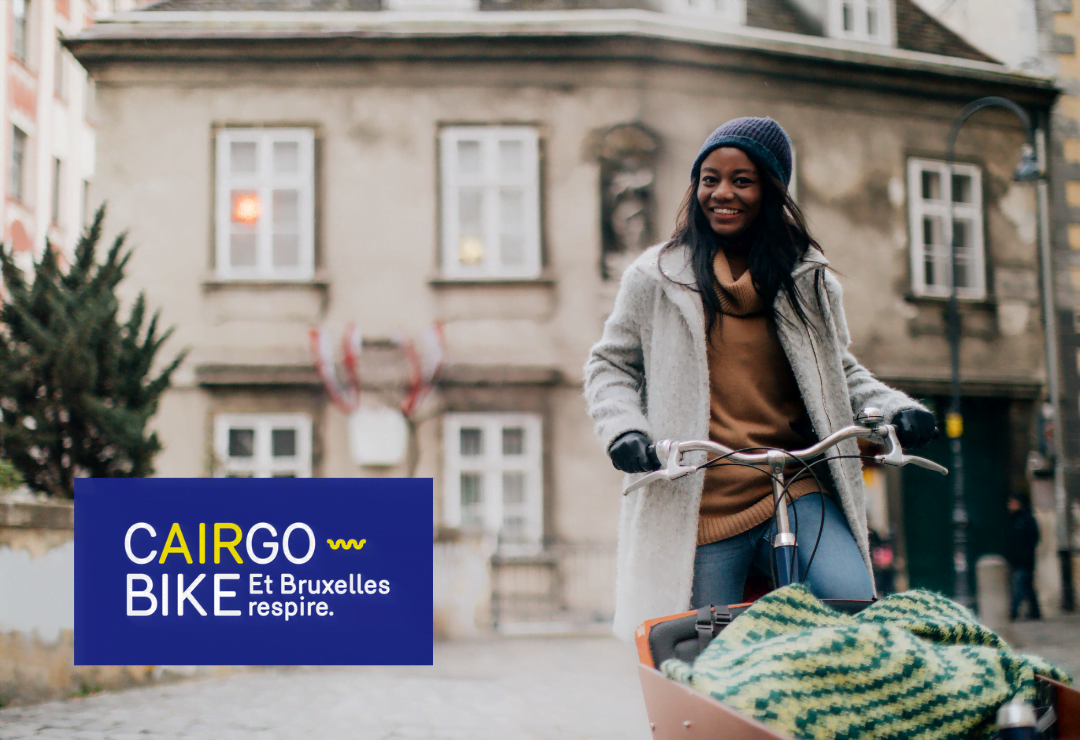
Cairgo Bike Stakeholder Meeting
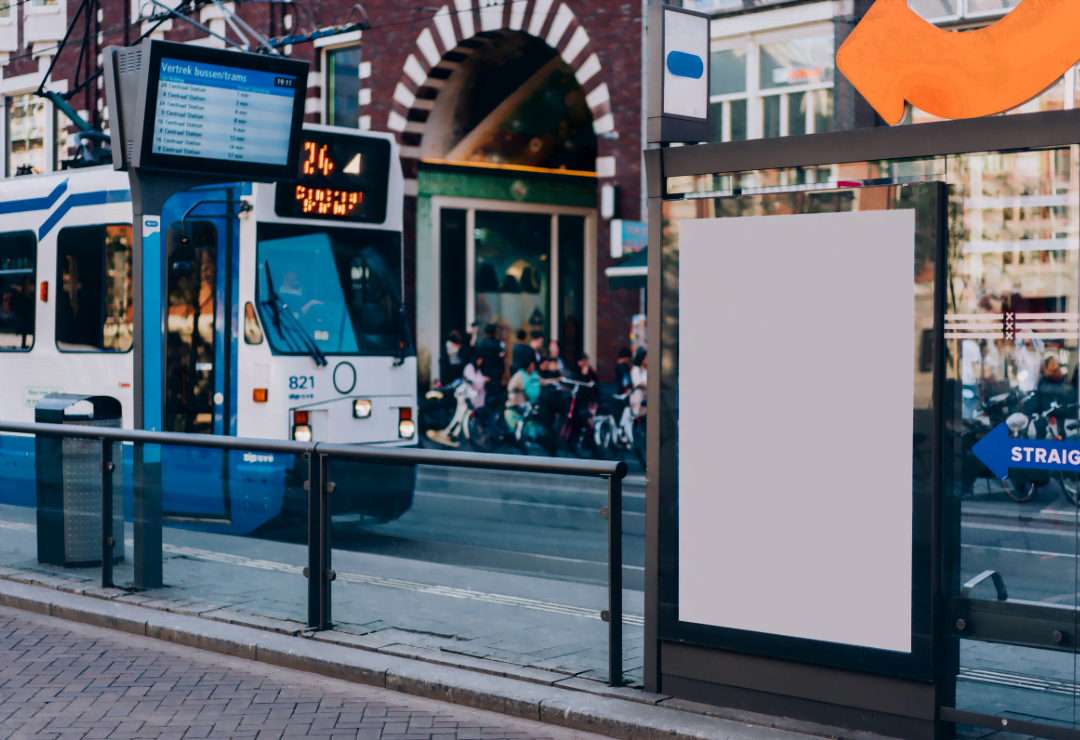
IRF Webinar: Smarter Urban Mobility Pricing with Brussels SmartMove
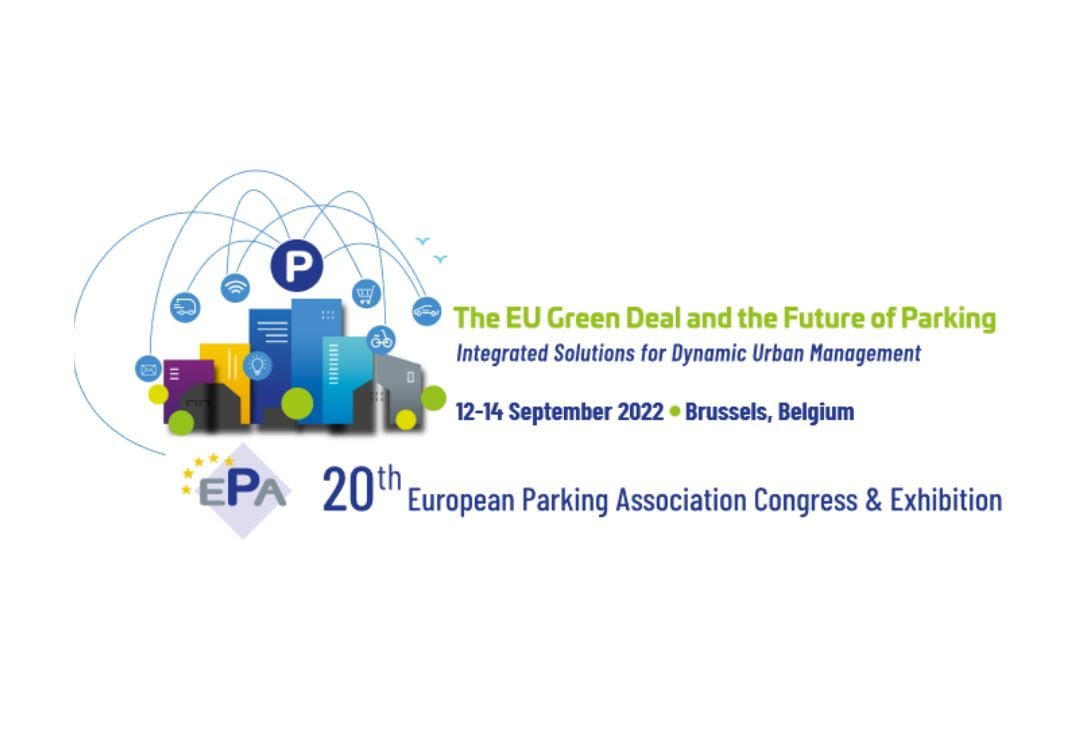
European Parking Association Congress and Exhibition

Multimodal Urban Day: Paris edition

Cycling Industries Europe (CIE) Summit 2022
Members in the Spotlight: STIB/MIVB

Safety & Security Working Group: Framing Road Safety Policy

EU Green Deal: Climate-neutral mobility in Europe’s regions, cities and municipalities
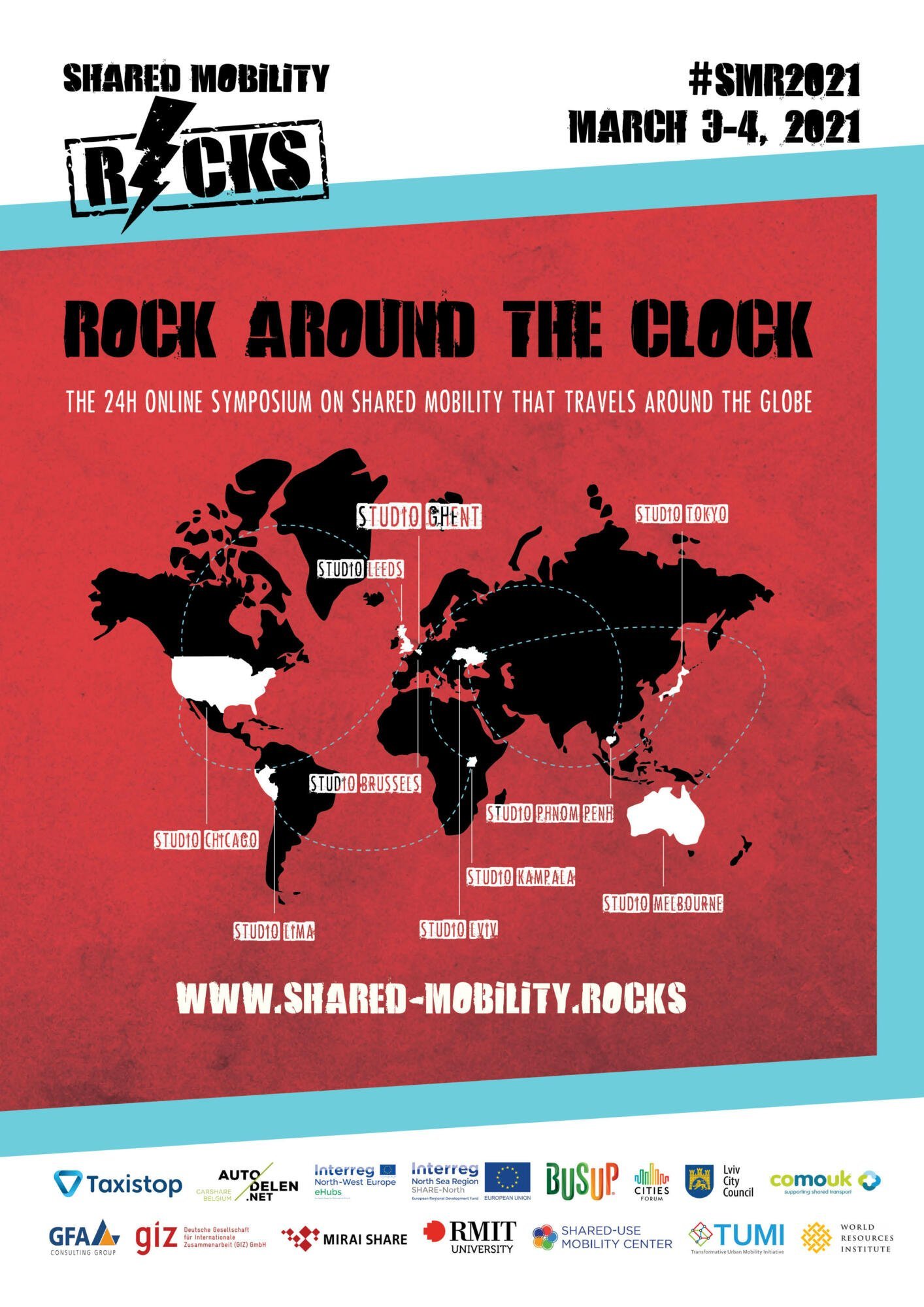
Shared Mobility Rocks – Rock around the clock
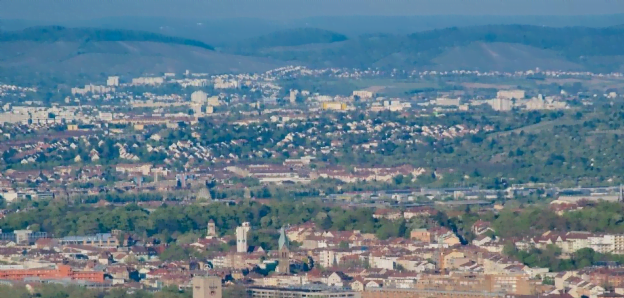
2nd CAMELOT International Event

BuyZET Final event
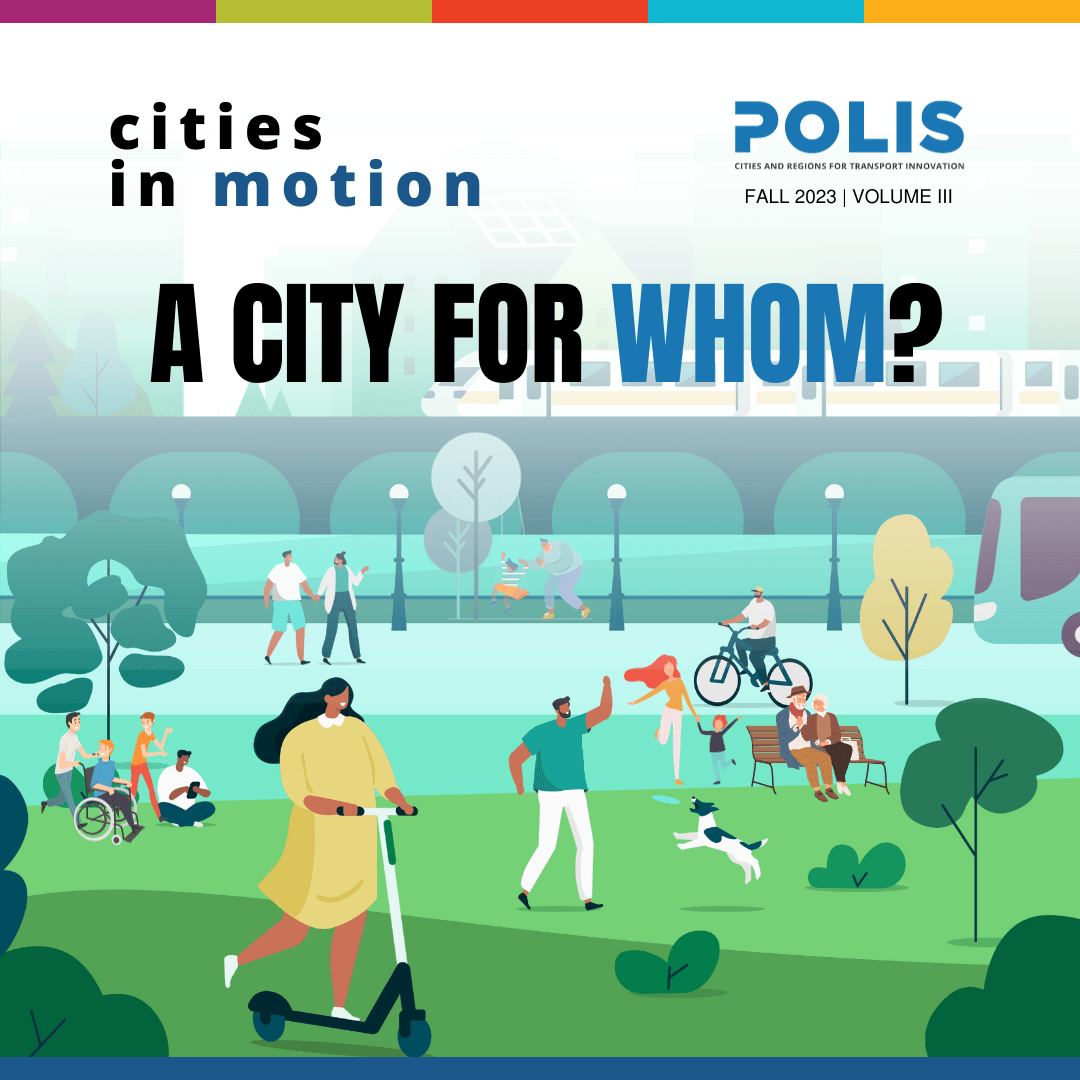
Cities in motion – Volume III: ‘A city for whom?’
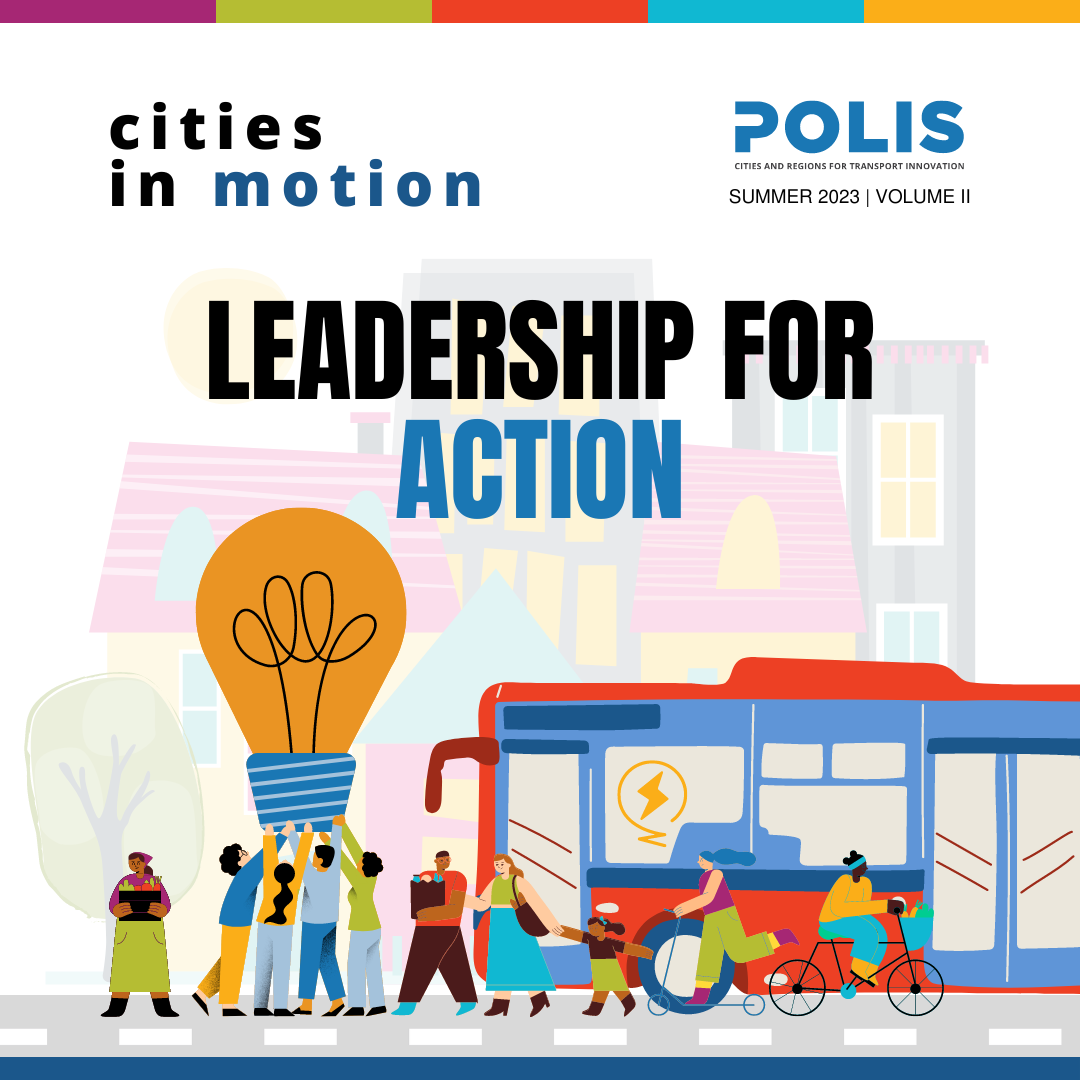
Cities in motion – Volume II: ‘Leadership for action’
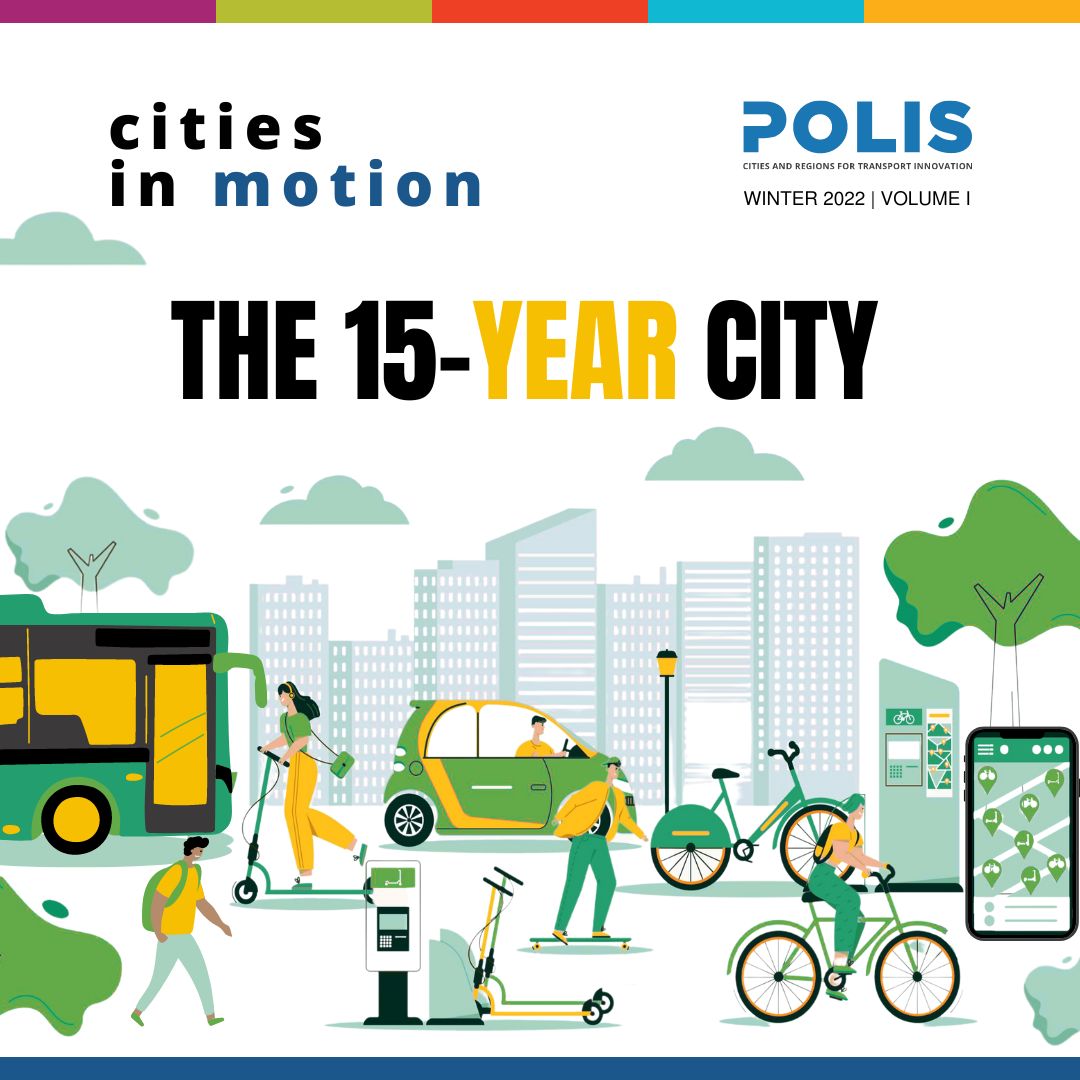
Cities in motion – Volume I: ‘The 15-year city’
BRRC Study “The use of asphalt as pavement for pedestrian amenities”
